With millions of blogs competing for attention, the idea of establishing yourself as an authority might seem daunting. However, niche blogging offers a pathway to rise above the noise and build meaningful connections with a targeted audience.
By focusing on a specific topic, niche bloggers can craft highly relevant, actionable content that attracts loyal followers and positions them as experts in their field.
The key to success lies not just in choosing a topic you’re passionate about but also in addressing a specific need that resonates with your audience. Niche blogging allows you to dive deep into subjects that generalist blogs often overlook, providing in-depth insights and unique perspectives. It’s this depth and specificity that foster trust and credibility.
Building authority doesn’t happen overnight, though.
It requires consistent effort, thoughtful strategies, and a commitment to delivering value. Whether you’re a beginner just exploring blogging or someone looking to refine your strategy, mastering niche blogging can be your gateway to long-term success. In this article, we’ll explore step-by-step how to choose the right niche, craft compelling content, and build authority that lasts.
Contents:
- Why Niche Blogging Matters
- Choosing the Perfect Niche
- Crafting Content That Builds Authority
- Promoting Your Blog to Drive Traffic
- Monetizing Your Niche Blog
Conclusion

1. Why Niche Blogging Matters
Niche blogging is not just a buzzword—it’s a strategic approach to creating a blog that stands out in a crowded space.
The idea is simple: rather than trying to appeal to everyone, you focus on a specific audience with particular interests. This focus allows you to provide highly targeted, valuable content that genuinely resonates.
When done right, niche blogging has several key advantages.
First, it’s easier to build a loyal audience. Readers are more likely to return to your blog if they know it consistently addresses their unique interests or problems. For example, a blog about “eco-friendly travel tips” will attract environmentally conscious travelers who see the blog as a go-to resource.
Second, niche blogging helps you establish credibility. By consistently covering topics within your niche, you position yourself as an expert. Over time, readers will trust your opinions, recommendations, and insights. This trust is essential for building a lasting relationship with your audience.
Another benefit is reduced competition. Generalist blogs often compete with established media outlets and well-known brands. In contrast, niche blogs operate in a more defined space, giving you a better chance to stand out.
For instance, it’s easier to rank for keywords like
beginner knitting projects
than for broad terms like
hobbies
Finally, niche blogging paves the way for monetization.
Whether through affiliate marketing, sponsored posts, or selling your own products, having a defined audience makes it easier to tailor monetization strategies that work.
2. Choosing the Perfect Niche

Choosing the right niche is arguably the most crucial step in your blogging journey. A well-chosen niche sets the foundation for everything else, from the content you create to the audience you attract.
But how do you pick the perfect niche? Let’s break it down into actionable steps.
Step 1: Identify your passions and expertise
Start by listing topics you’re genuinely interested in and knowledgeable about. Blogging about something you love ensures you stay motivated over the long term. At the same time, your expertise adds credibility, making it easier to build authority.
Step 2: Assess demand and audience size
A niche should be specific, but not so narrow that there’s no audience for it. Use tools like Google Keyword Planner or Ahrefs to research search volumes and trends.
For example, while
vegan recipes
is broad
vegan recipes for athletes
strikes the perfect balance between specificity and demand.
Step 3: Analyze the competition
Look at existing blogs in your potential niche. Are there already established players? If yes, how can you differentiate yourself? Perhaps you can focus on a sub-niche or offer a unique perspective.
For instance, if
personal finance
is too crowded, you could target
personal finance tips for millennials
Step 4: Validate profitability
If you plan to monetize your blog, ensure your niche has earning potential. Check if there are affiliate programs, advertising opportunities, or demand for paid products or services related to your niche.
For instance, niches like
fitness gear reviews
or
productivity tools
often have excellent monetization prospects.
Remember, the best niche lies at the intersection of your passion, audience demand, and profitability.
It’s okay to experiment initially, but staying true to your niche is key to building authority.
3. Crafting Content That Builds Authority

Your content is the backbone of your niche blog. To build authority, you need to create high-quality, relevant, and engaging content that addresses your audience’s pain points and interests.
Here’s how.
- Solve real problems. Start by identifying common questions or challenges your audience faces. Use tools like AnswerThePublic or forums in your niche to discover trending topics. For example, a blog about home gardening could cover “how to grow vegetables in small spaces” or “pest control for organic gardens.”
- Provide actionable insights. Avoid vague advice. Instead, offer practical steps or solutions. If you’re writing about productivity, include specific tips like “use the Pomodoro technique to break tasks into manageable chunks” or “start your day with a prioritized to-do list.”
- Use storytelling. Stories resonate more than dry facts. Share personal experiences, case studies, or examples to illustrate your points. For instance, if you’re a travel blogger, describe how you saved money on a recent trip and what others can learn from your experience.
- Maintain consistency. Regularly publishing new content keeps your audience engaged and signals to search engines that your blog is active. Create an editorial calendar to stay organized and ensure a steady flow of posts.
- Optimize for SEO. Even the best content won’t attract readers if it’s not discoverable. Conduct keyword research, use descriptive headings, and ensure your posts are optimized for search engines. For example, a post titled “Top 10 Productivity Tools for Freelancers” is likely to perform better than a generic title like “Work Smarter.”
By focusing on these strategies, you’ll establish yourself as a trusted voice in your niche, driving both traffic and engagement.
4. Promoting Your Blog to Drive Traffic
Creating valuable content is just the first step; promoting it effectively is what drives traffic and builds your audience.
Without promotion, even the best blogs risk being overlooked.
Here’s how to amplify your reach and attract the right readers to your niche blog.
Leverage social media platforms
Social media is a powerful tool for driving traffic. Focus on platforms where your audience is most active. For instance, if your niche is photography, Instagram and Pinterest are ideal.
Share your blog posts, engage with followers, and use relevant hashtags to increase visibility. Tools like Buffer can help you schedule posts and maintain consistency.
Join online communities
Participate in forums, Facebook groups, or Reddit communities related to your niche. Be genuinely helpful by answering questions or contributing to discussions, and share your blog posts where appropriate.
For example, a fitness blogger could join subreddits like r/Fitness or r/Running to engage with potential readers.
Build an email list
Email marketing remains one of the most effective ways to nurture relationships with your audience. Offer a lead magnet, such as a free ebook or checklist, in exchange for email addresses.

Regularly send newsletters with blog updates, exclusive tips, or behind-the-scenes content to keep subscribers engaged.
Collaborate with influencers
Partnering with influencers in your niche can expand your reach significantly. This could involve guest posting on their blogs, co-creating content, or being featured in their social media posts.
For example, a travel blogger could collaborate with a travel vlogger to cross-promote each other’s content.
Optimize for search engines (SEO)
Use tools like Ahrefs or SEMrush to identify high-traffic, low-competition keywords in your niche. Optimize your blog posts with these keywords in headings, meta descriptions, and image alt tags.
Additionally, build backlinks by guest posting or participating in link exchanges with other reputable blogs in your niche.
Use paid ads strategically
While organic traffic is ideal, paid advertising can give your blog an initial boost. Platforms like Google Ads or Facebook Ads allow you to target specific demographics and interests.
For instance, if your niche is vegan cooking, you can target ads at health-conscious individuals searching for plant-based recipes.
By combining these promotional strategies, you’ll drive more traffic to your blog and position yourself as an authority in your niche.
5. Monetizing Your Niche Blog
Once you’ve built a loyal audience, monetizing your blog becomes a natural next step. With a niche blog, monetization is often more straightforward because you’ve already attracted a specific, engaged audience.
Here are some effective ways to turn your passion into profit.
- Affiliate marketing
.jpg)
Promote products or services relevant to your niche and earn a commission for every sale made through your affiliate links. Choose programs that align with your audience’s interests. For example, a tech blogger might join Amazon Associates to recommend gadgets or software.
- Sponsored posts
.jpg)
Brands often collaborate with niche bloggers to create sponsored content. Ensure that any sponsored post you publish aligns with your blog’s theme and offers value to your audience. For instance, a fitness blog could feature a sponsored review of workout gear.
- Sell your own products or services
(1).png)
Use your blog as a platform to sell digital products like ebooks, online courses, or templates. Alternatively, offer services such as consulting, coaching, or freelance writing. For instance, a career blogger could sell resume templates or provide career coaching sessions.
- Display ads
.png)
Platforms like Google AdSense allow you to earn revenue by displaying ads on your blog. While this is a common strategy, keep in mind that ad placements should not compromise user experience. Use ads sparingly to maintain a clean and professional design.
- Offer memberships or subscriptions
.jpg)
Create exclusive content for paying members. This could include premium articles, downloadable resources, or access to a private community. For instance, a parenting blogger could offer a monthly subscription for access to parenting guides or webinars.
Monetization takes time, so focus on building trust and delivering value first. Once your audience sees you as an authority, they’ll be more willing to invest in your offerings.
Conclusion
Mastering niche blogging is not just about writing great posts; it’s about creating a brand, building trust, and engaging with a specific audience. By focusing on a well-defined niche, crafting high-quality content, and leveraging smart promotional strategies, you can establish yourself as an authority in your field.
Remember, success in blogging doesn’t happen overnight. It requires consistency, patience, and a willingness to adapt. Start by identifying a niche you’re passionate about, and take deliberate steps to connect with your audience. With time and effort, your niche blog can become a powerful platform for growth, influence, and even monetization.
What niche blogging strategies have worked for you?

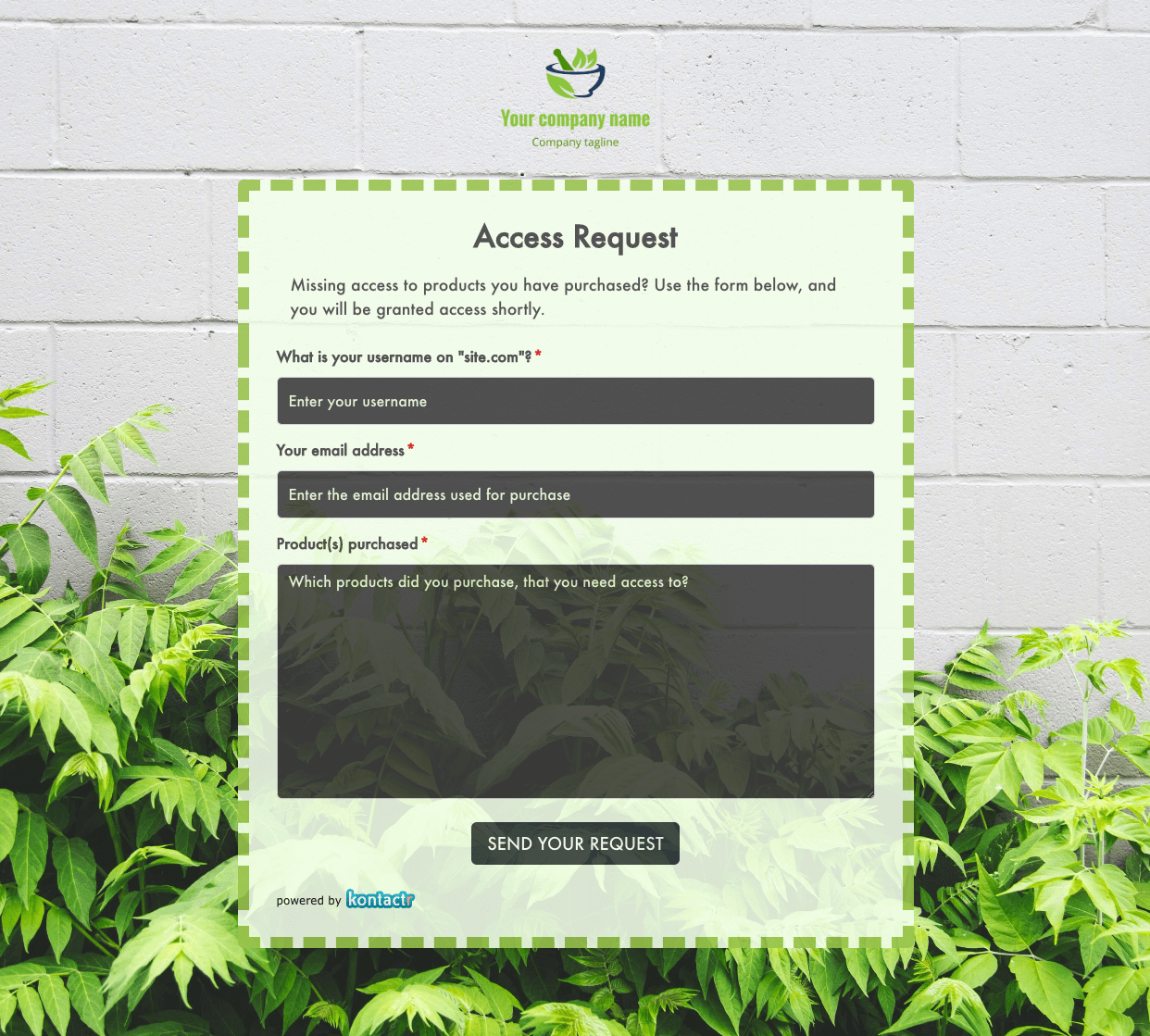 Access Request Form
Access Request Form
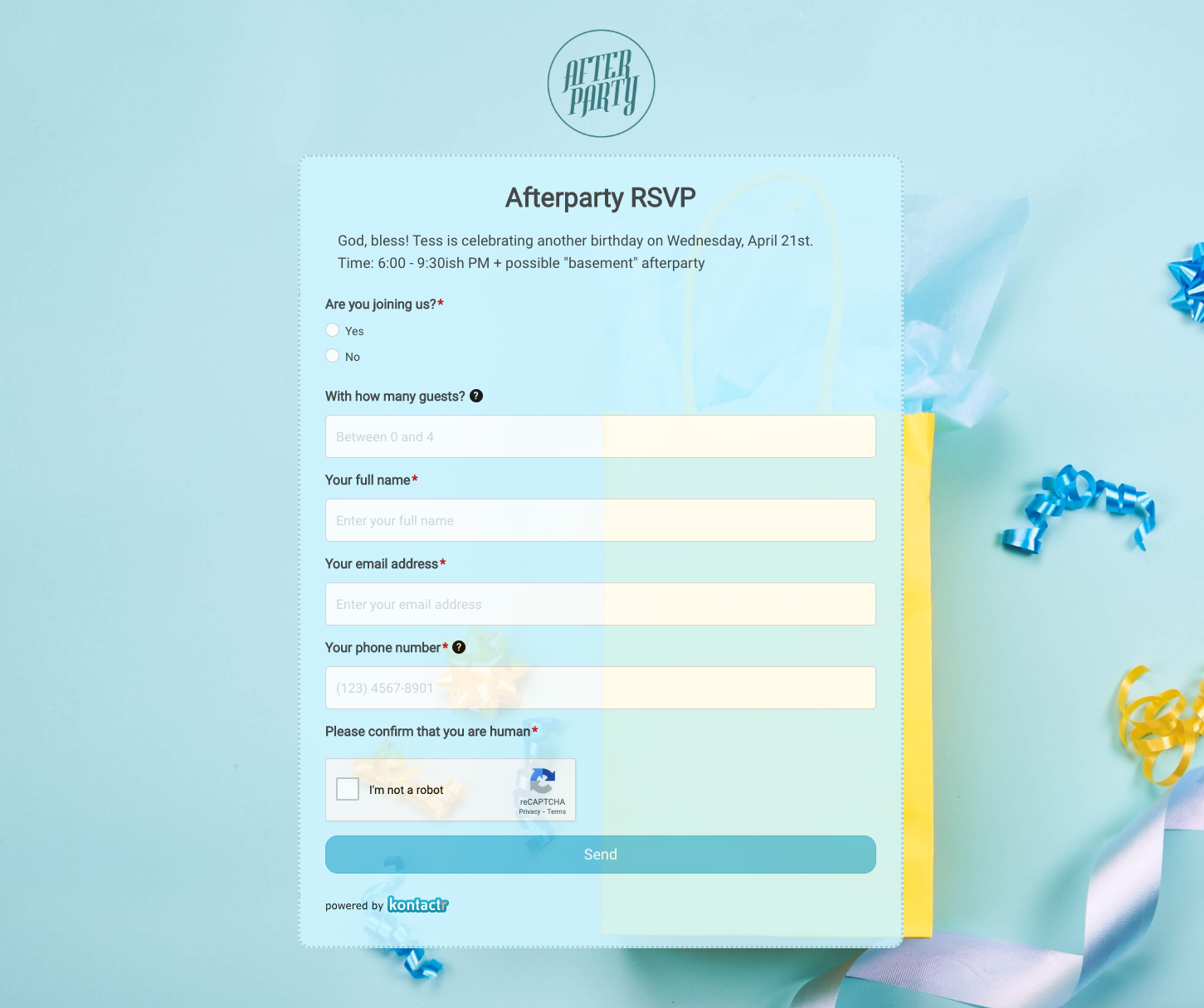 Afterparty RSVP Form
Afterparty RSVP Form
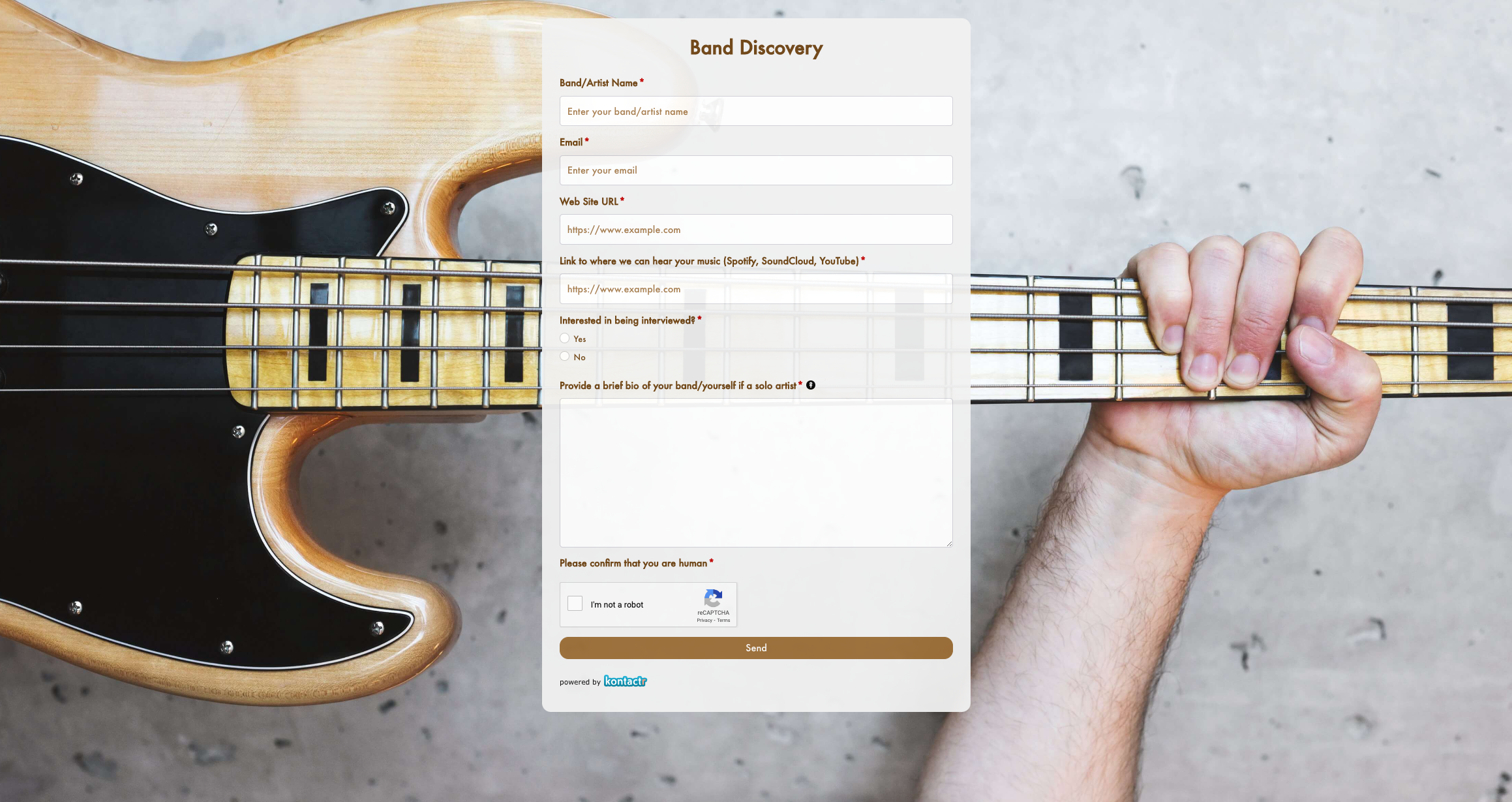 Band Discovery Form
Band Discovery Form
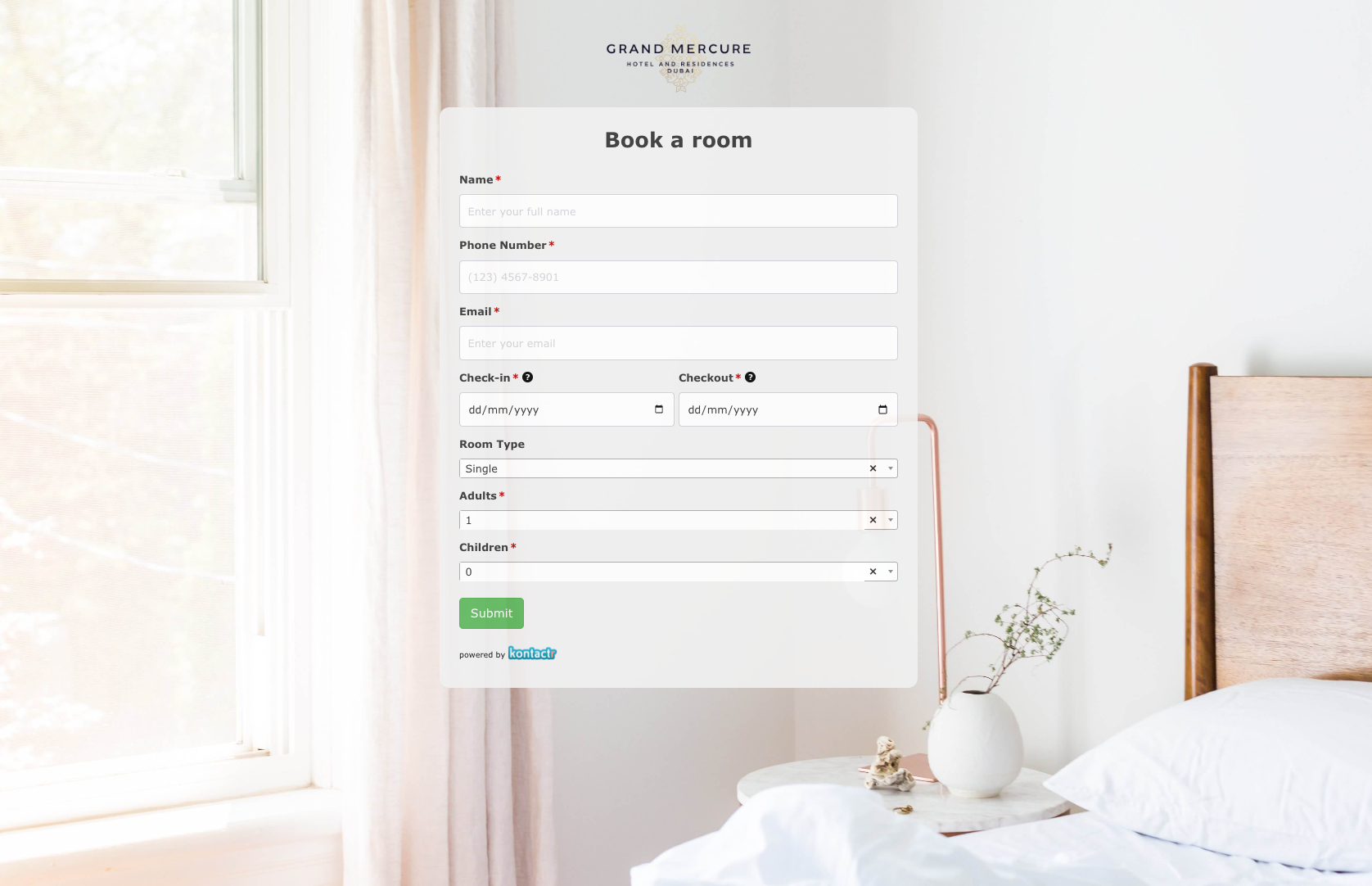 Book a room Form
Book a room Form
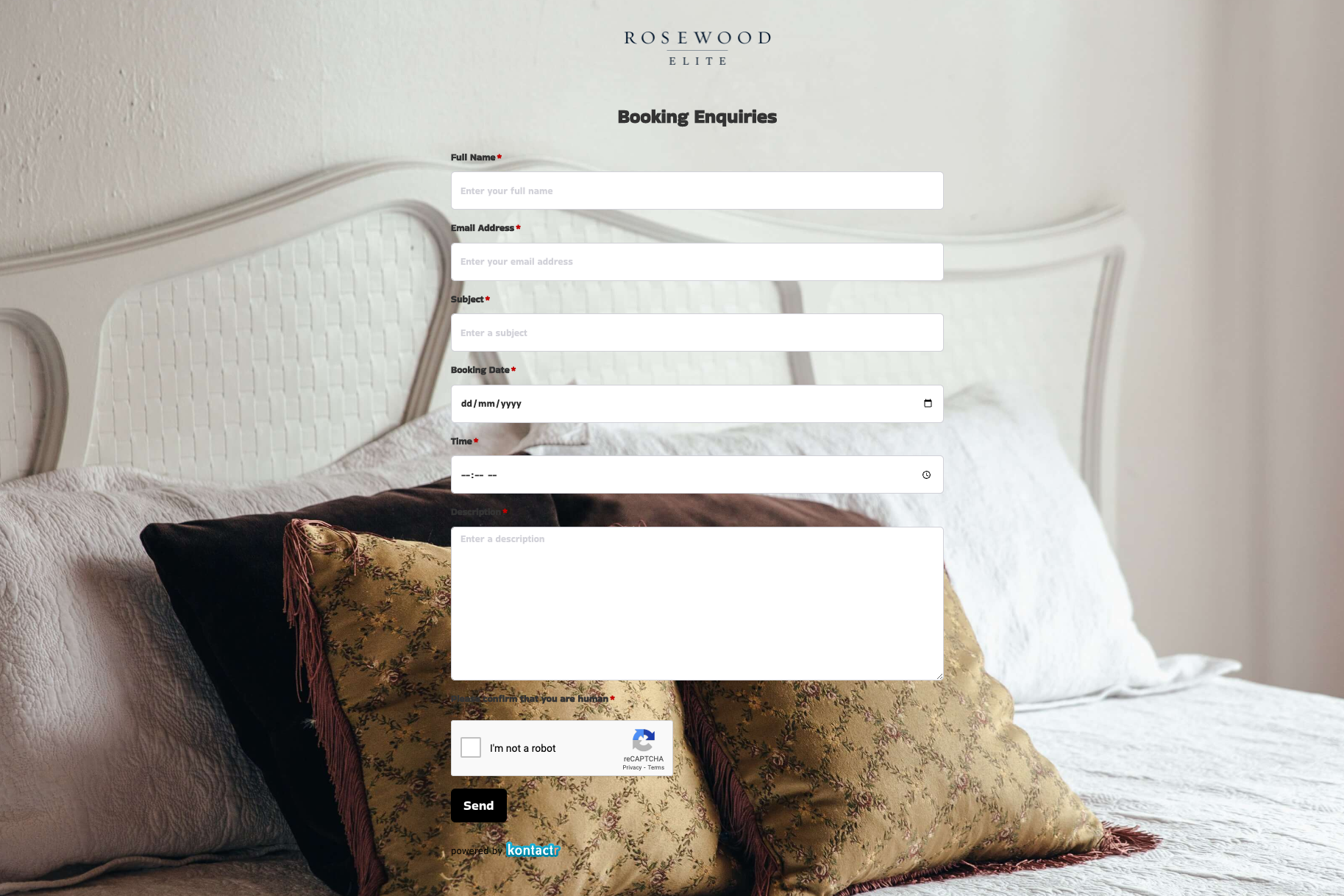 Booking Enquiries Form
Booking Enquiries Form
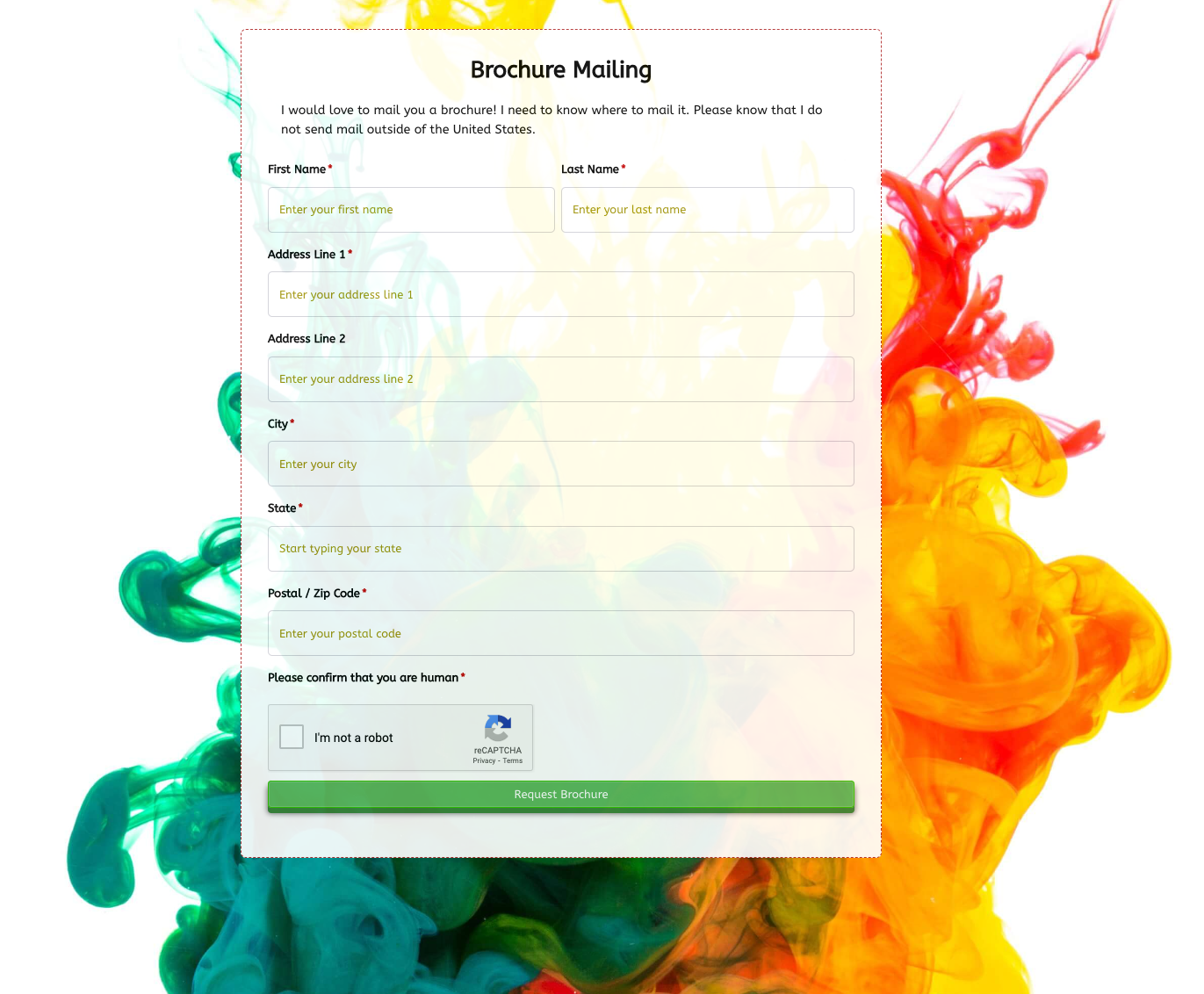 Brochure Mailing Form
Brochure Mailing Form
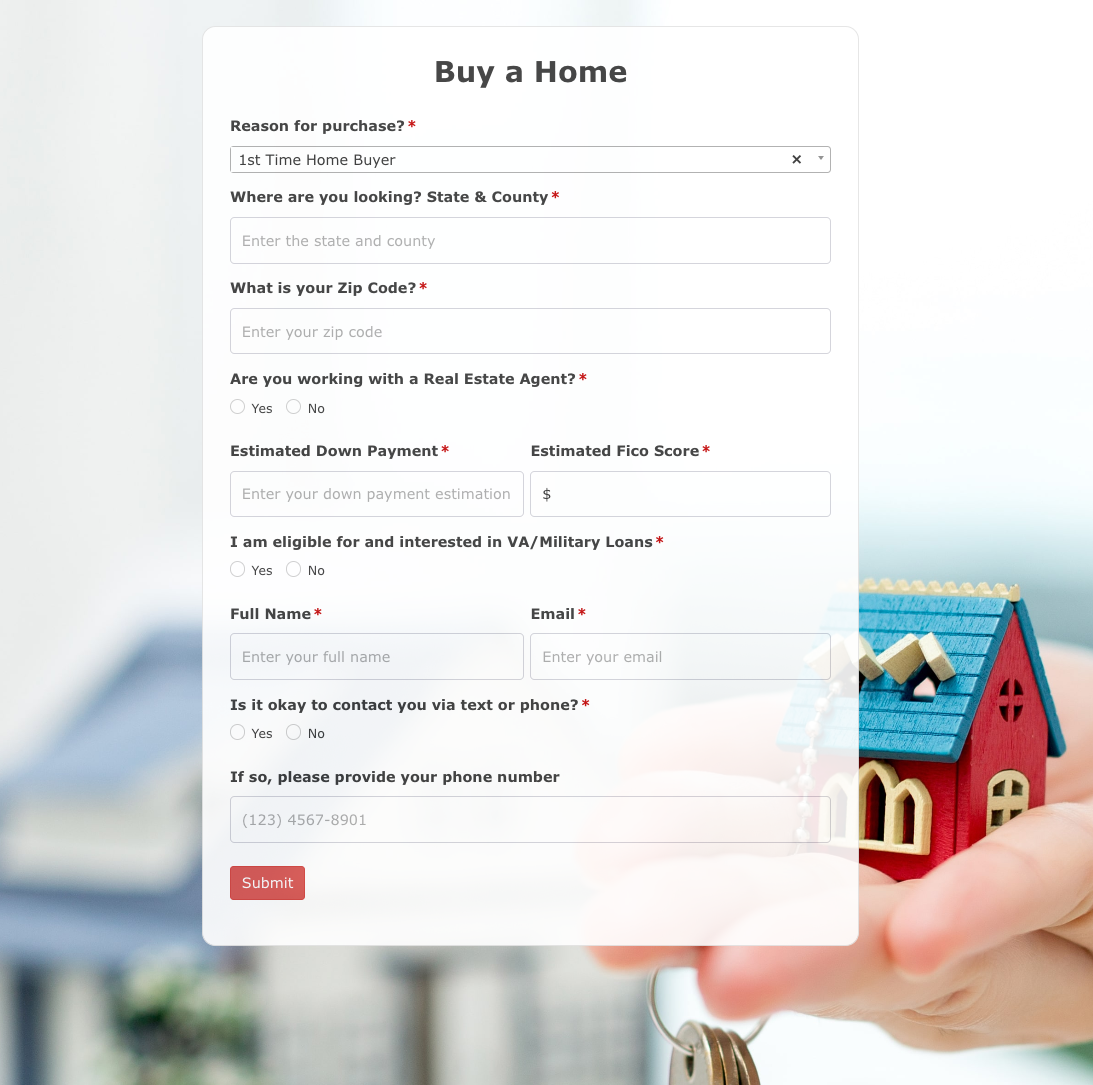 Buy a Home Form
Buy a Home Form
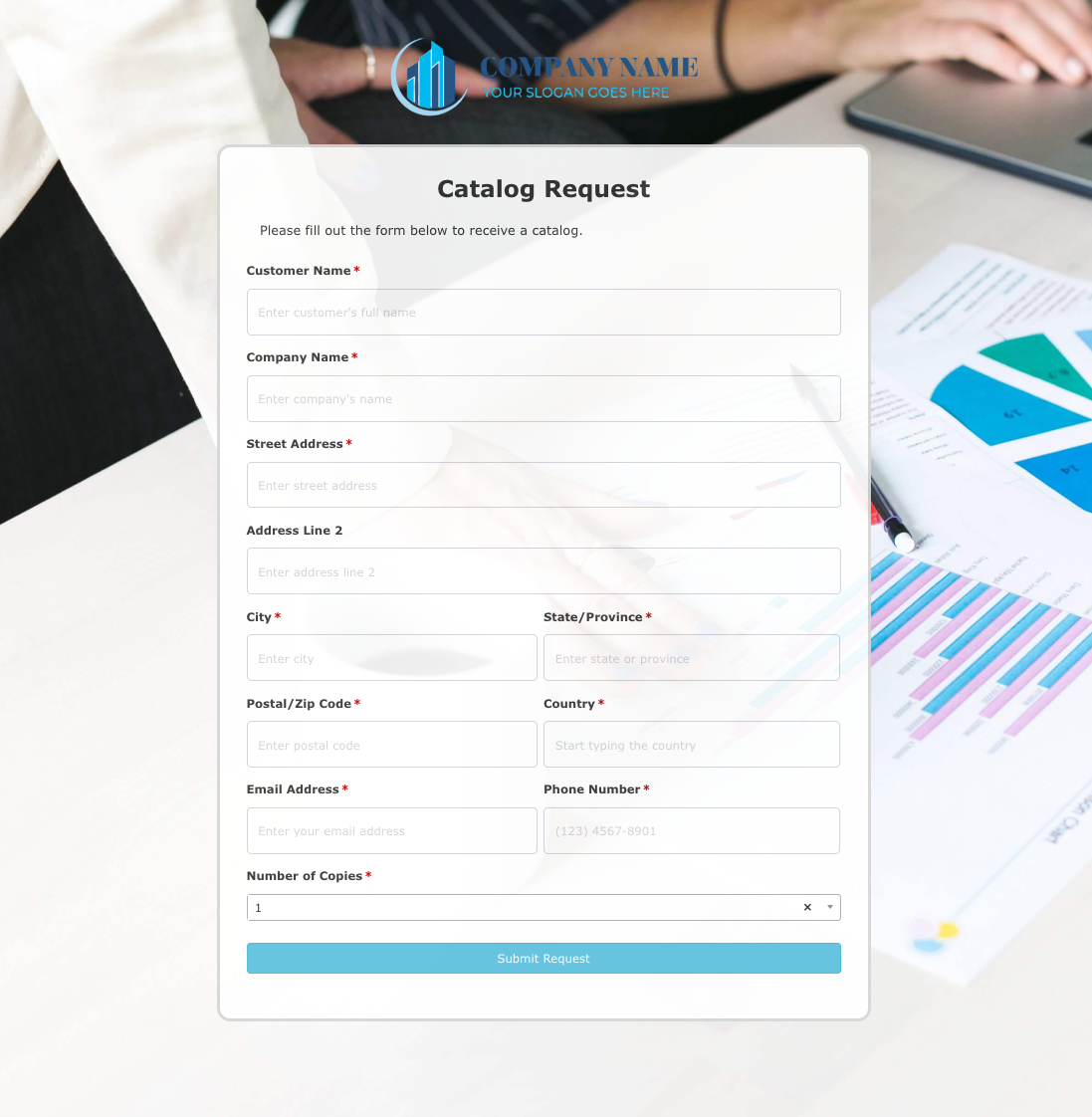 Catalog Request Form
Catalog Request Form
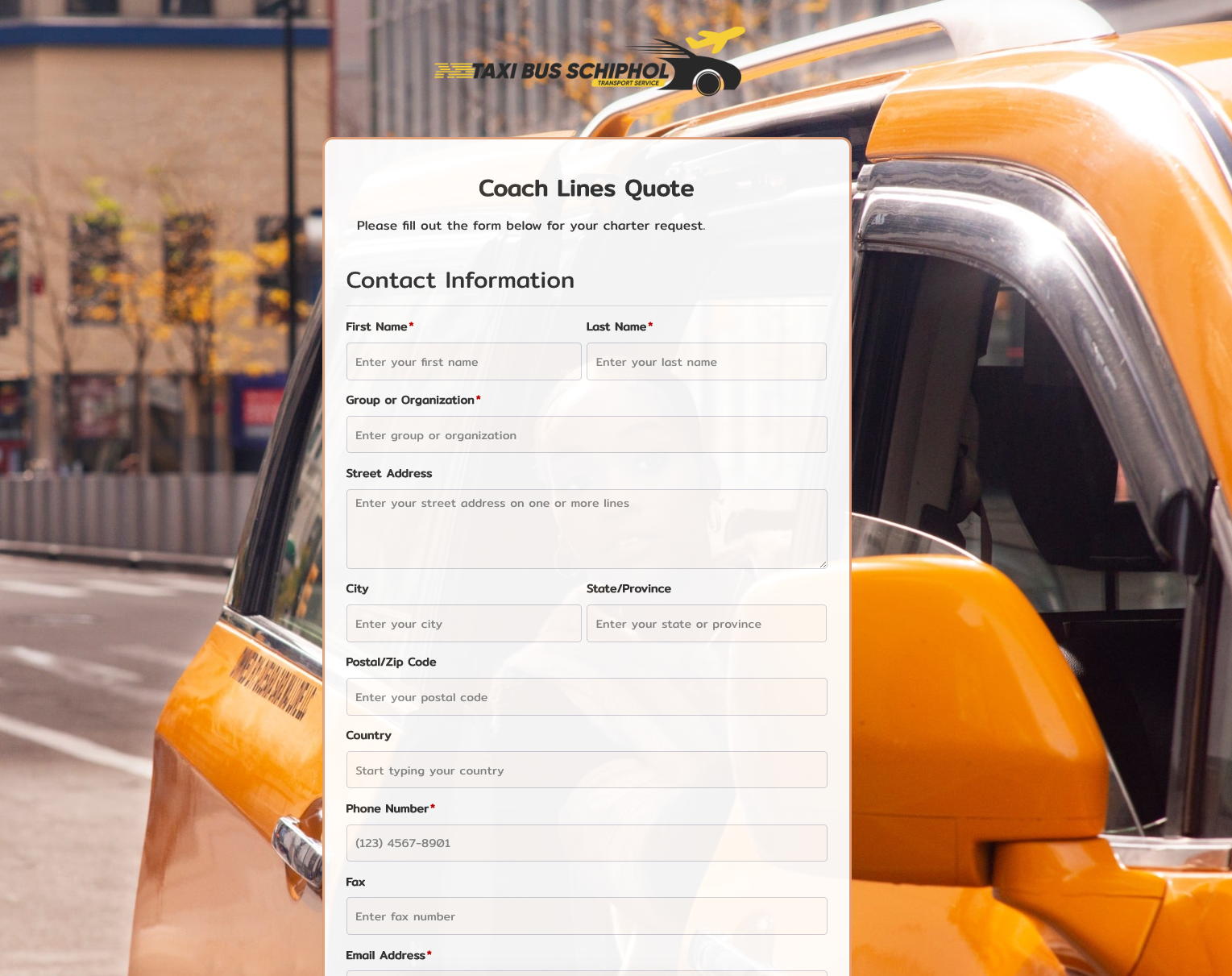 Coach Lines Quote Form
Coach Lines Quote Form
 Contact Us Form
Contact Us Form
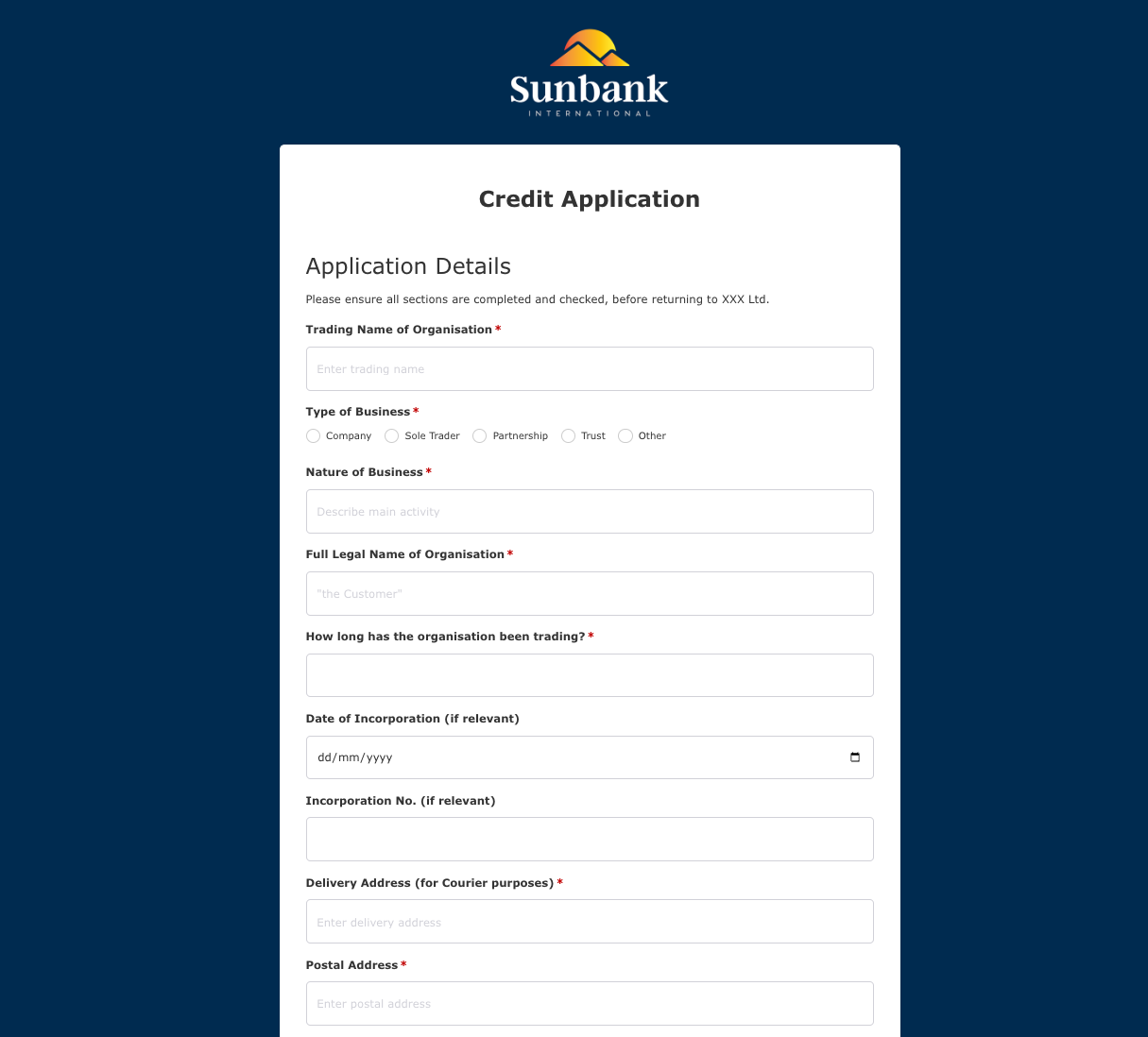 Credit Application Form
Credit Application Form
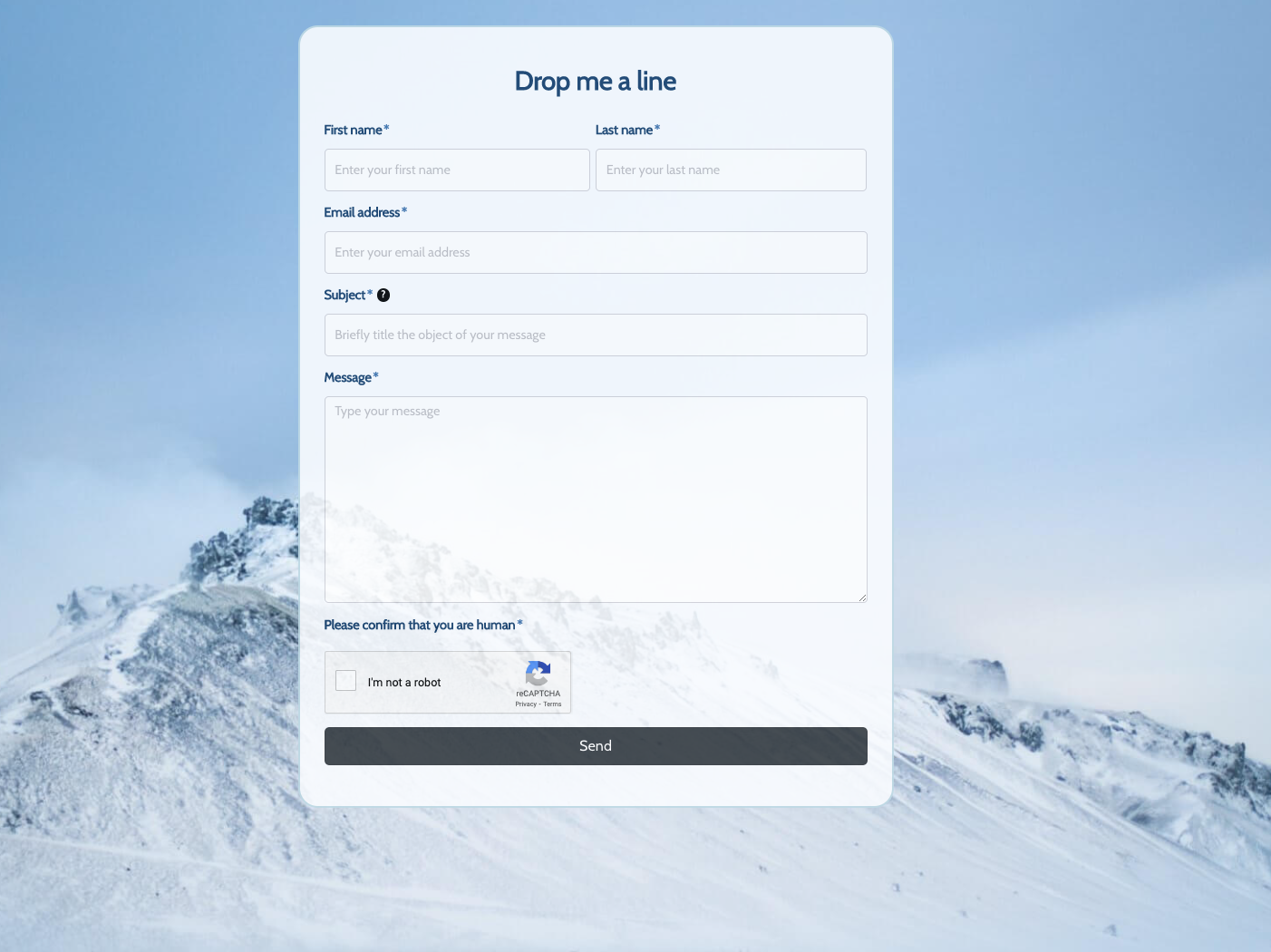 Drop me a line Form
Drop me a line Form
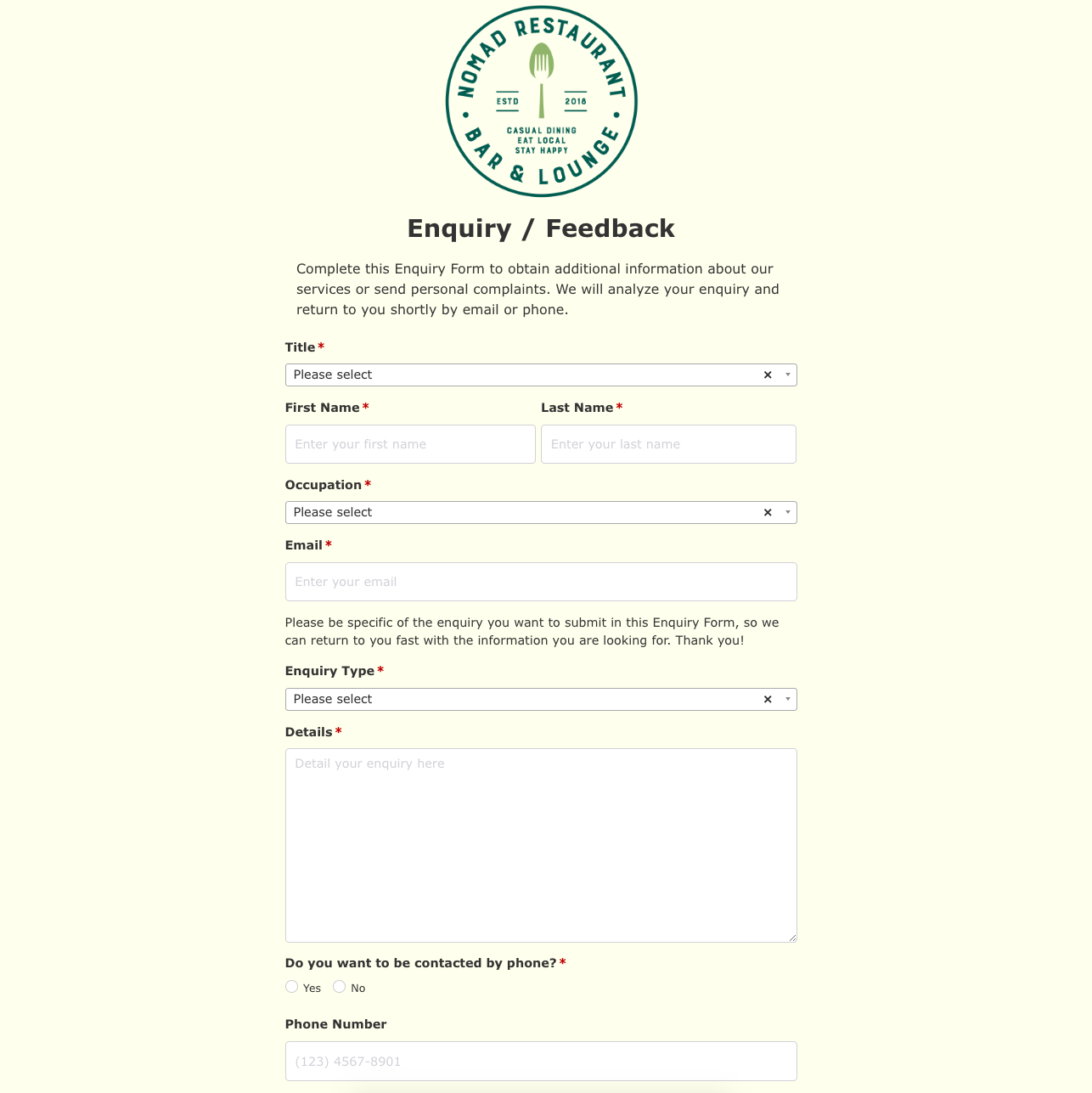 Enquiry / Feedback Form
Enquiry / Feedback Form
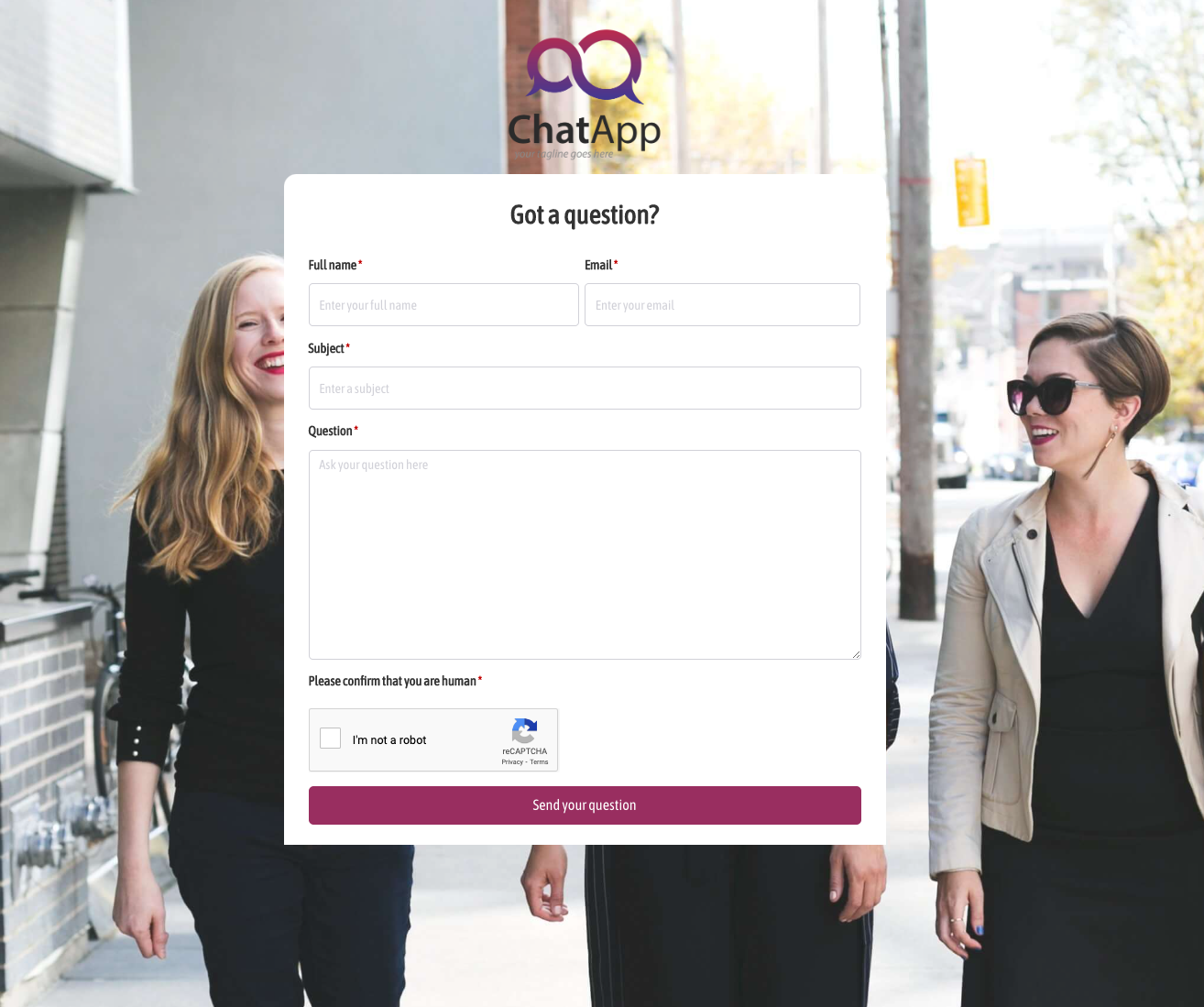 Got a question? Form
Got a question? Form
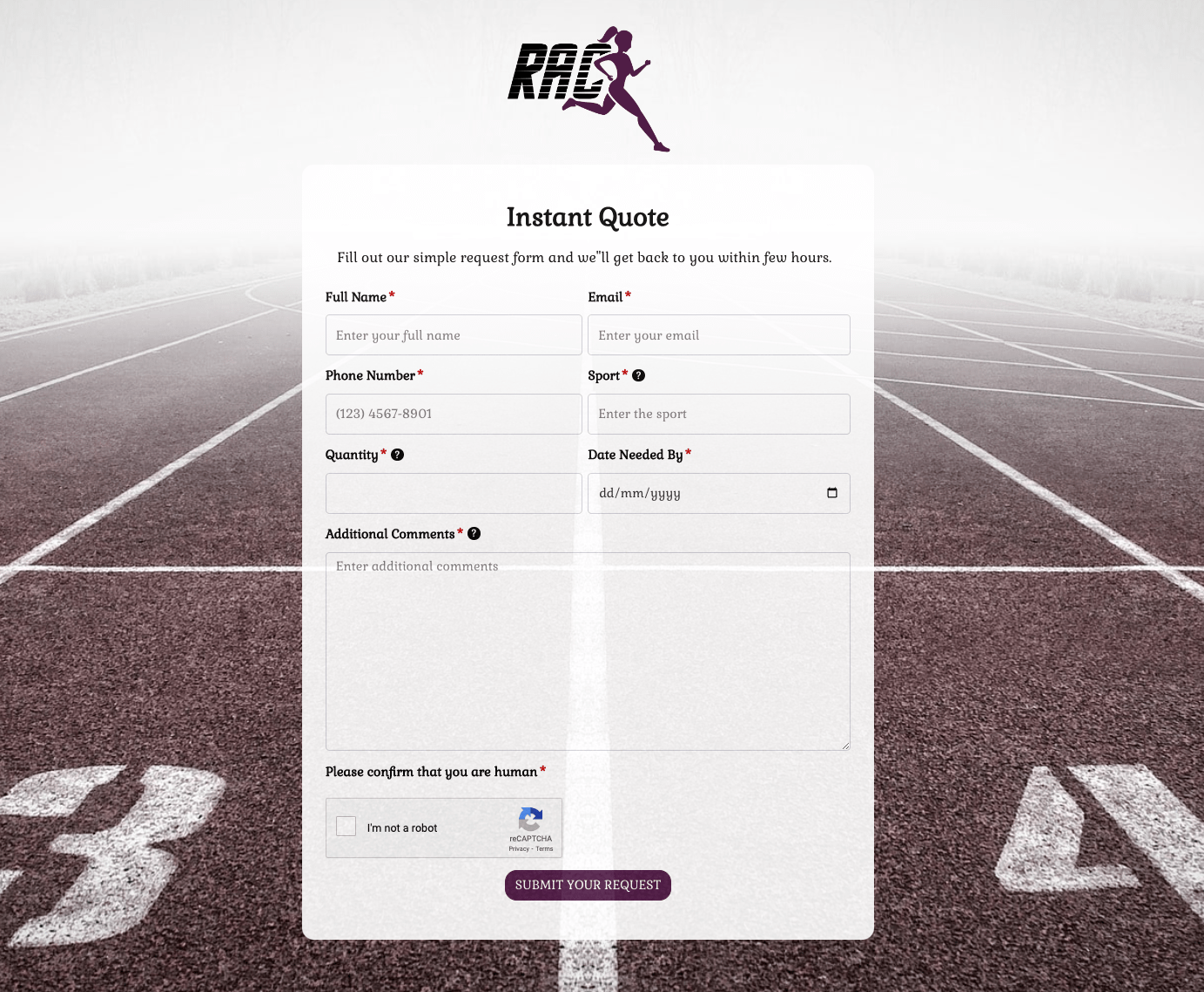 Instant Quote Form
Instant Quote Form
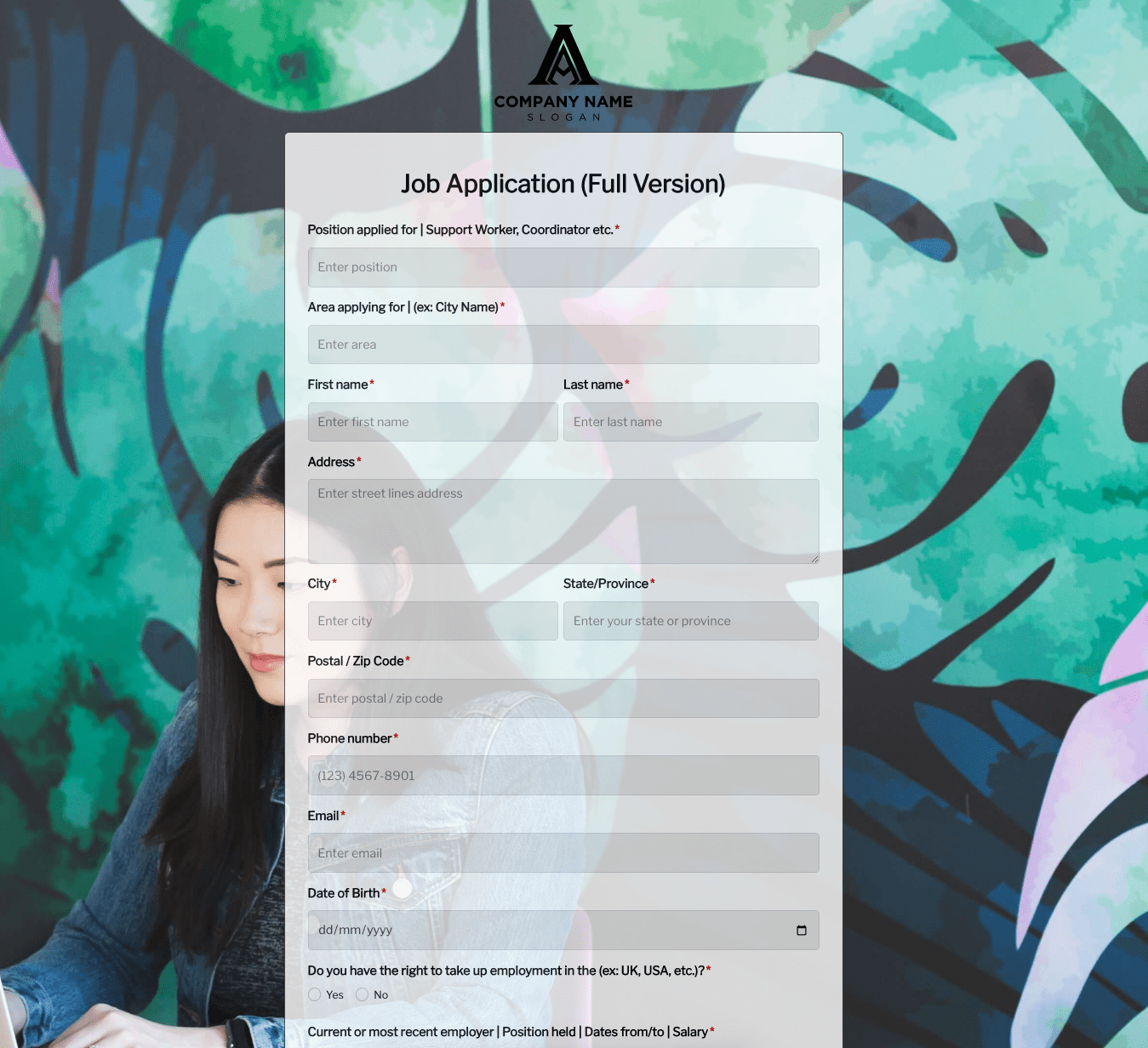 Job Application Form
Job Application Form
 Language & Literacy Lab Form
Language & Literacy Lab Form
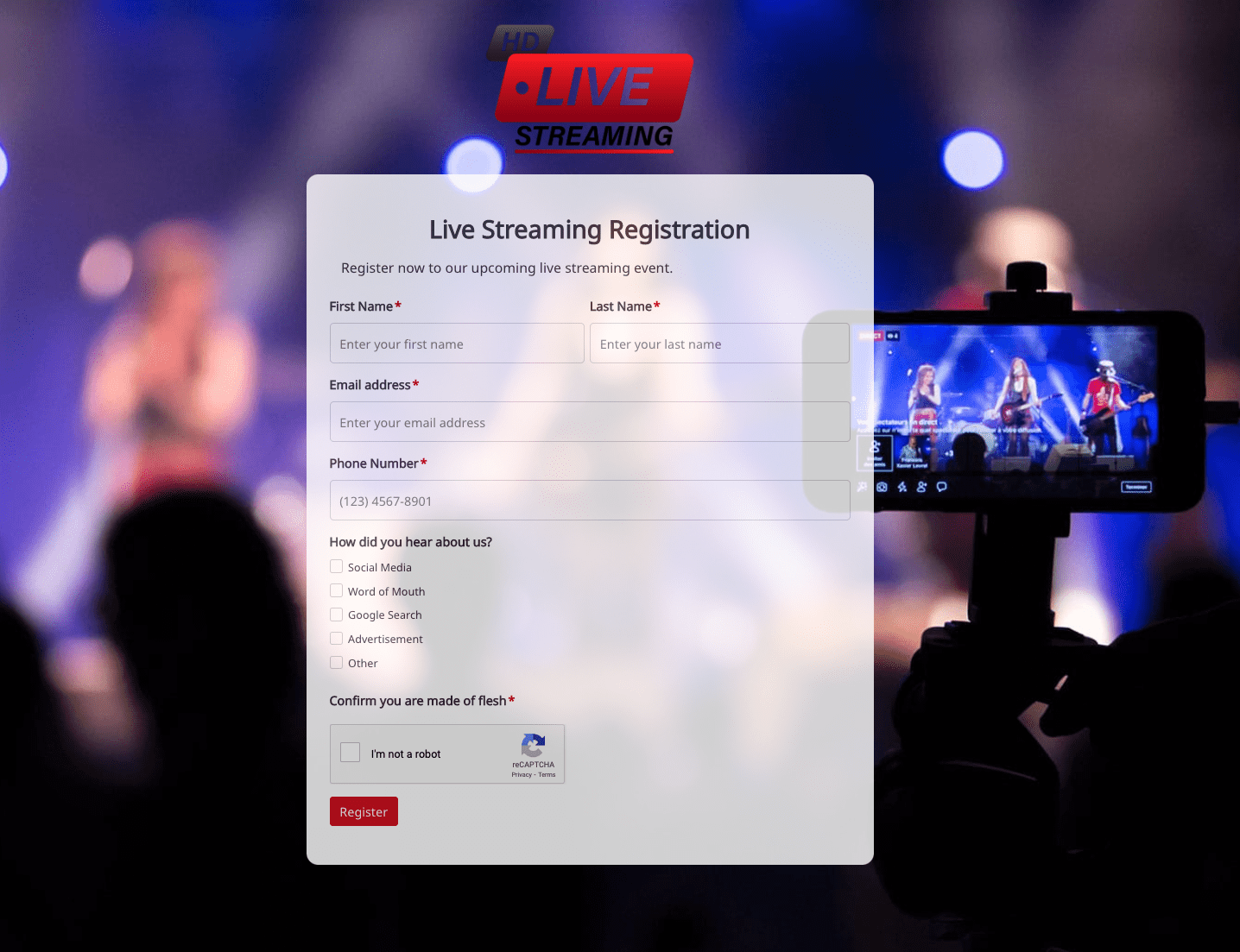 Live Streaming Registration Form
Live Streaming Registration Form
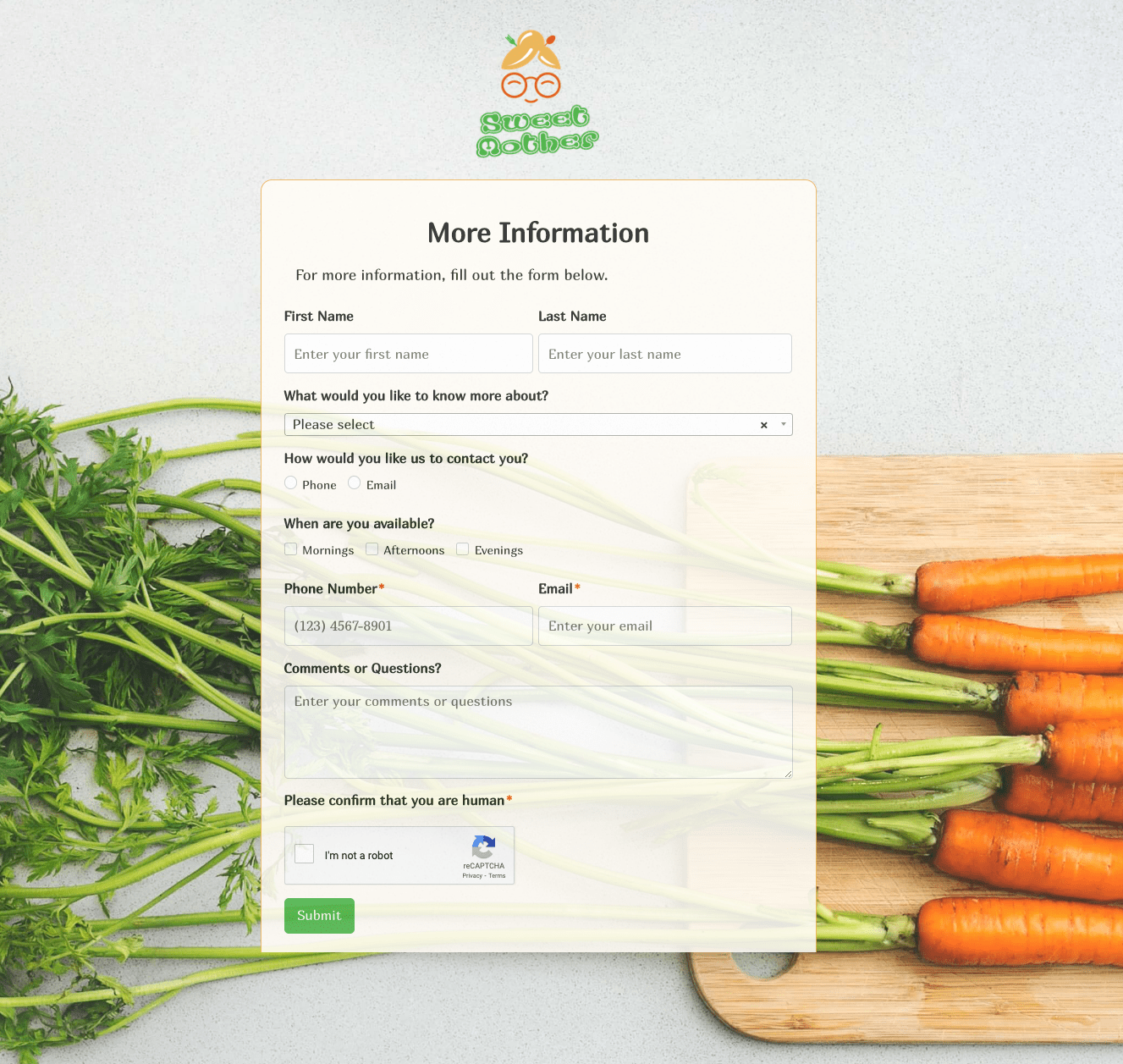 More Information Form
More Information Form
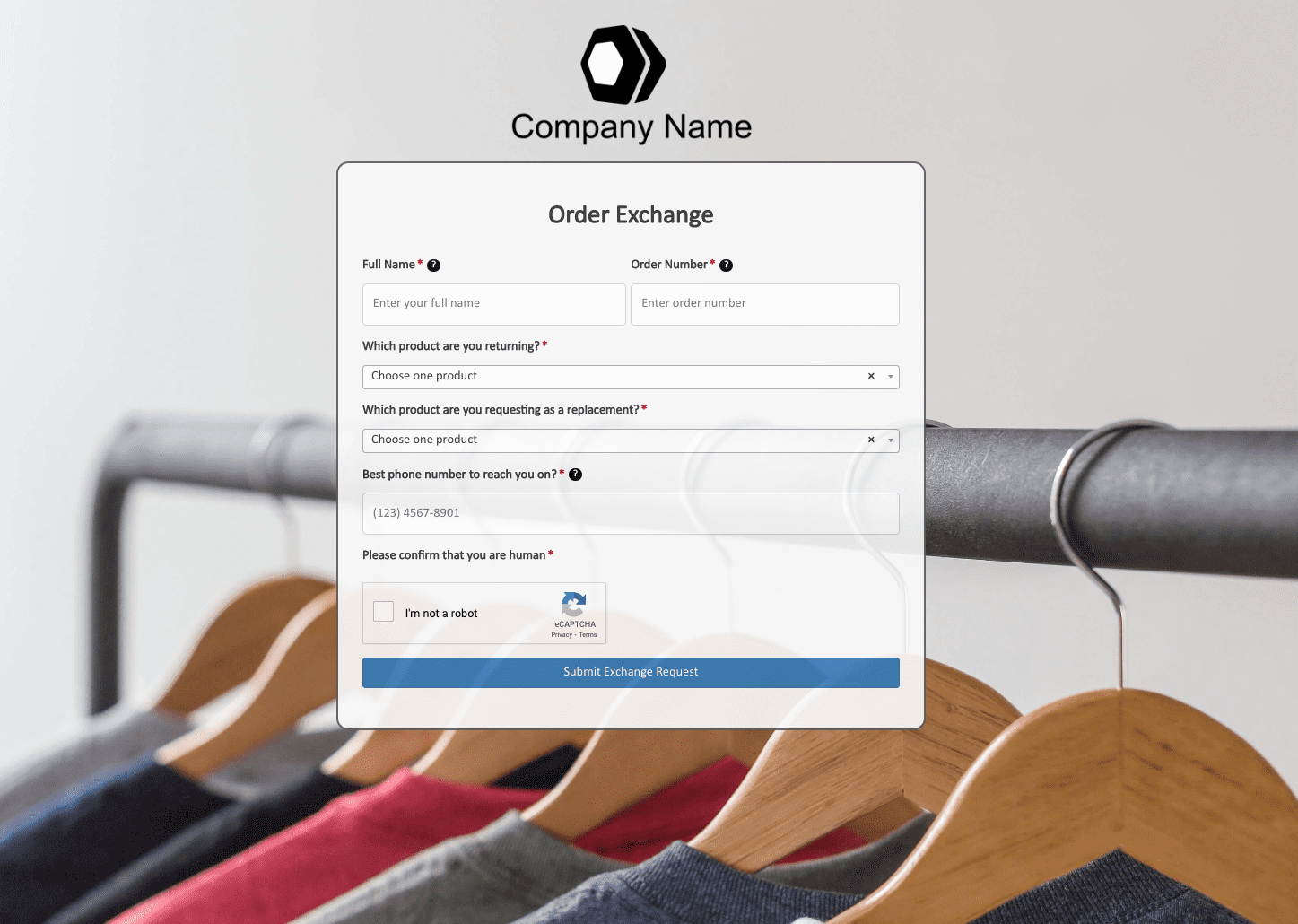 Order Exchange Form
Order Exchange Form
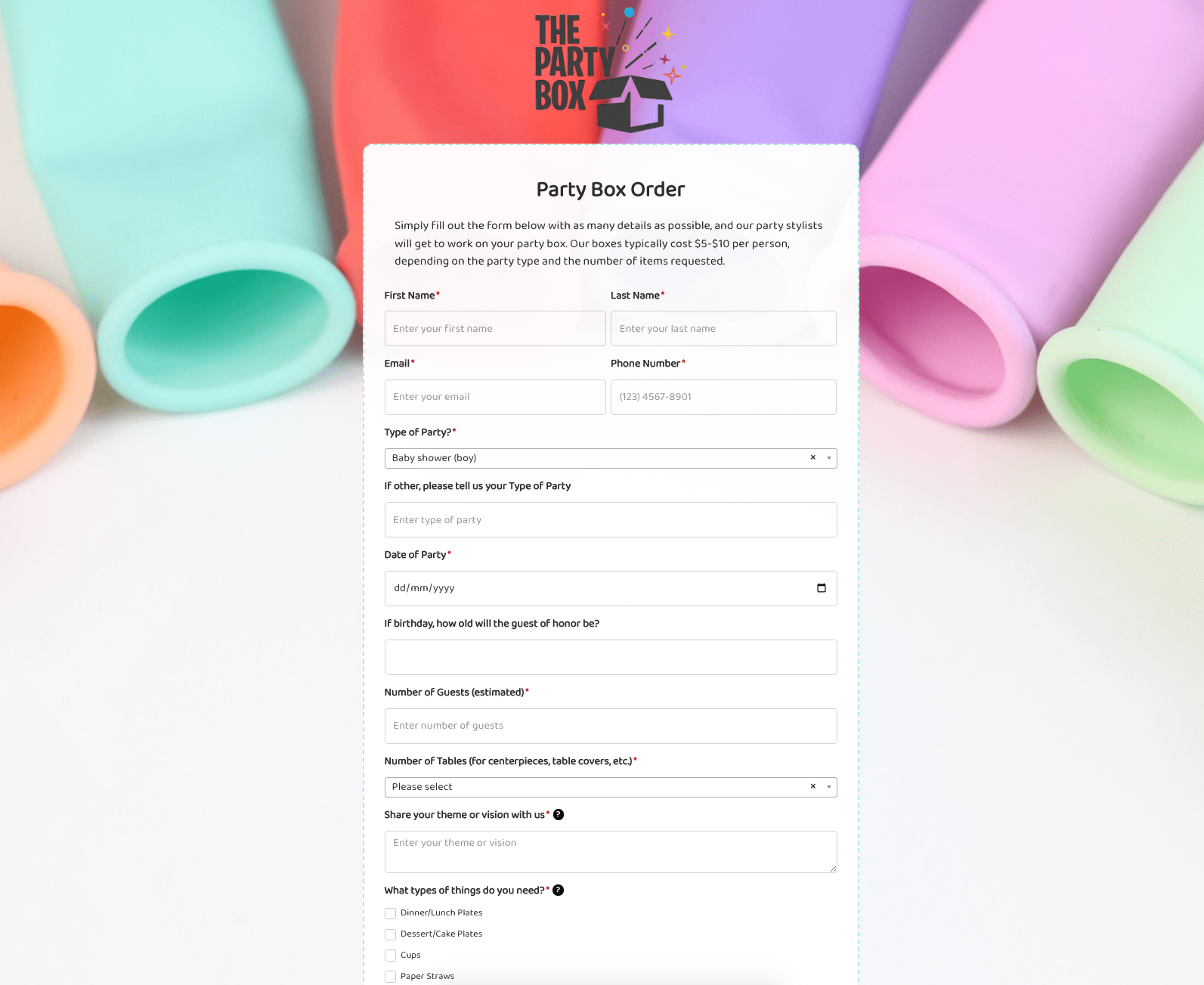 Party Box Order Form
Party Box Order Form
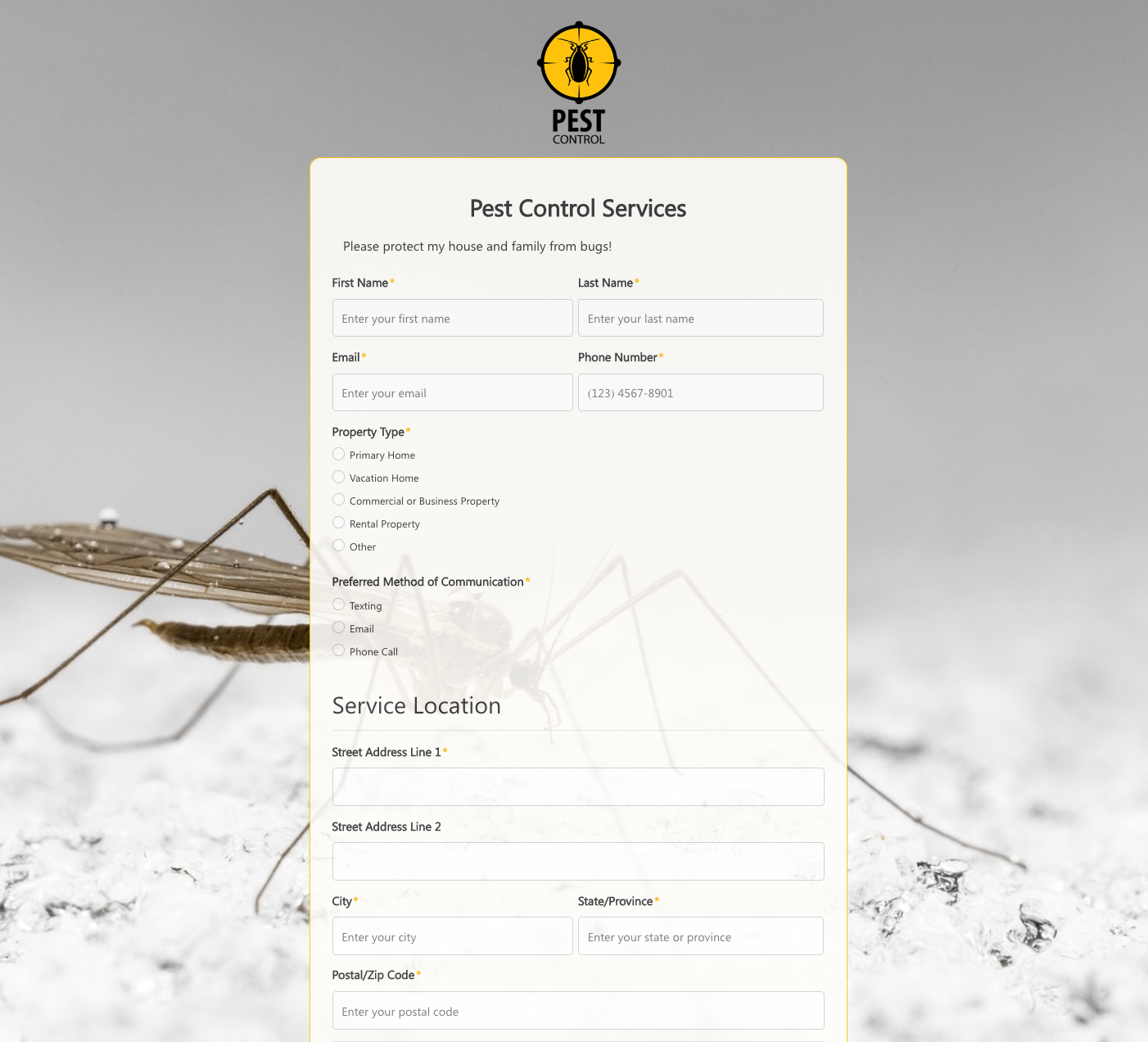 Pest Control Services Form
Pest Control Services Form
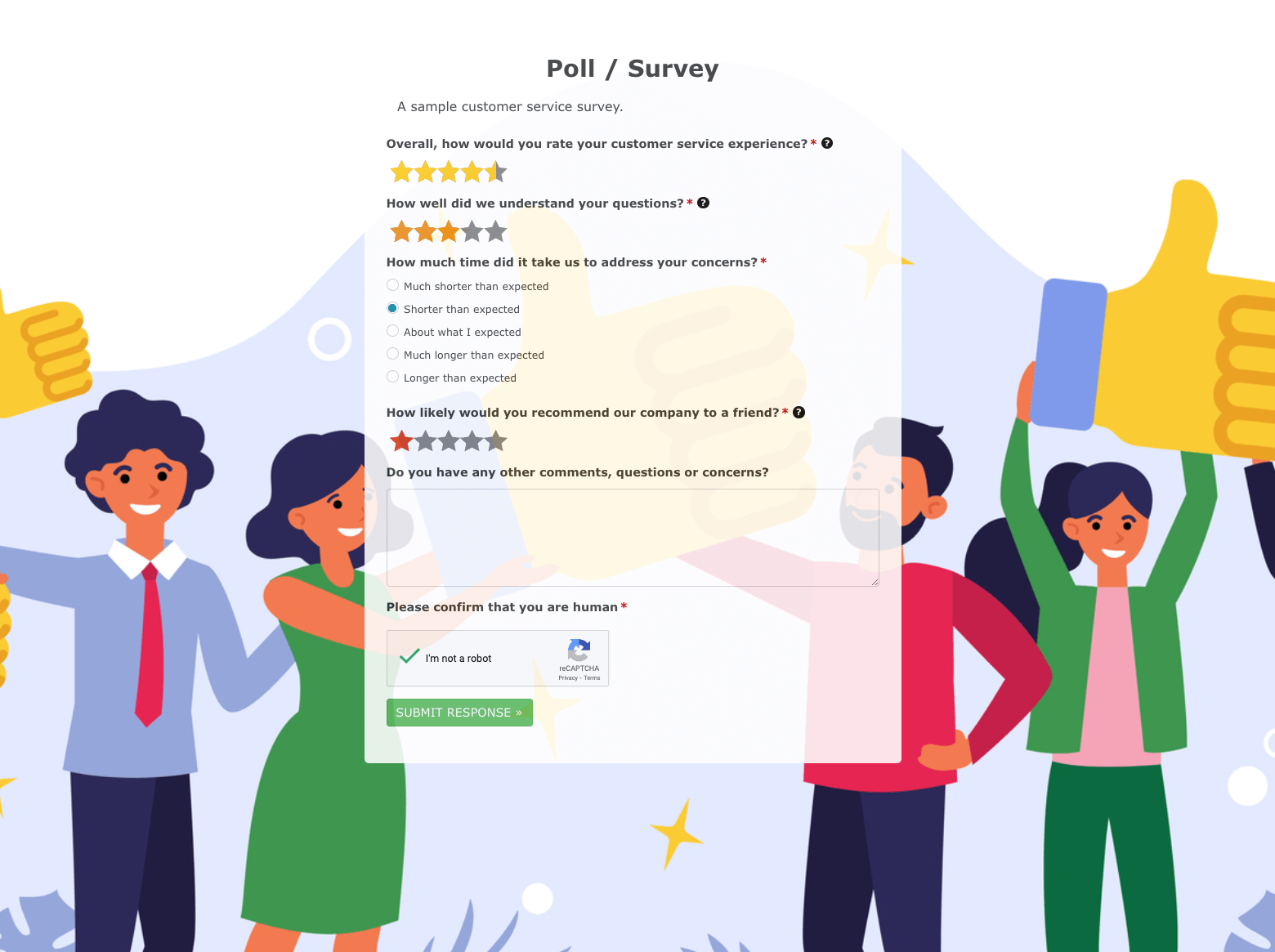 Poll / Survey Form
Poll / Survey Form
 Receive Ebook Form
Receive Ebook Form
 Refinance Mortgage Form
Refinance Mortgage Form
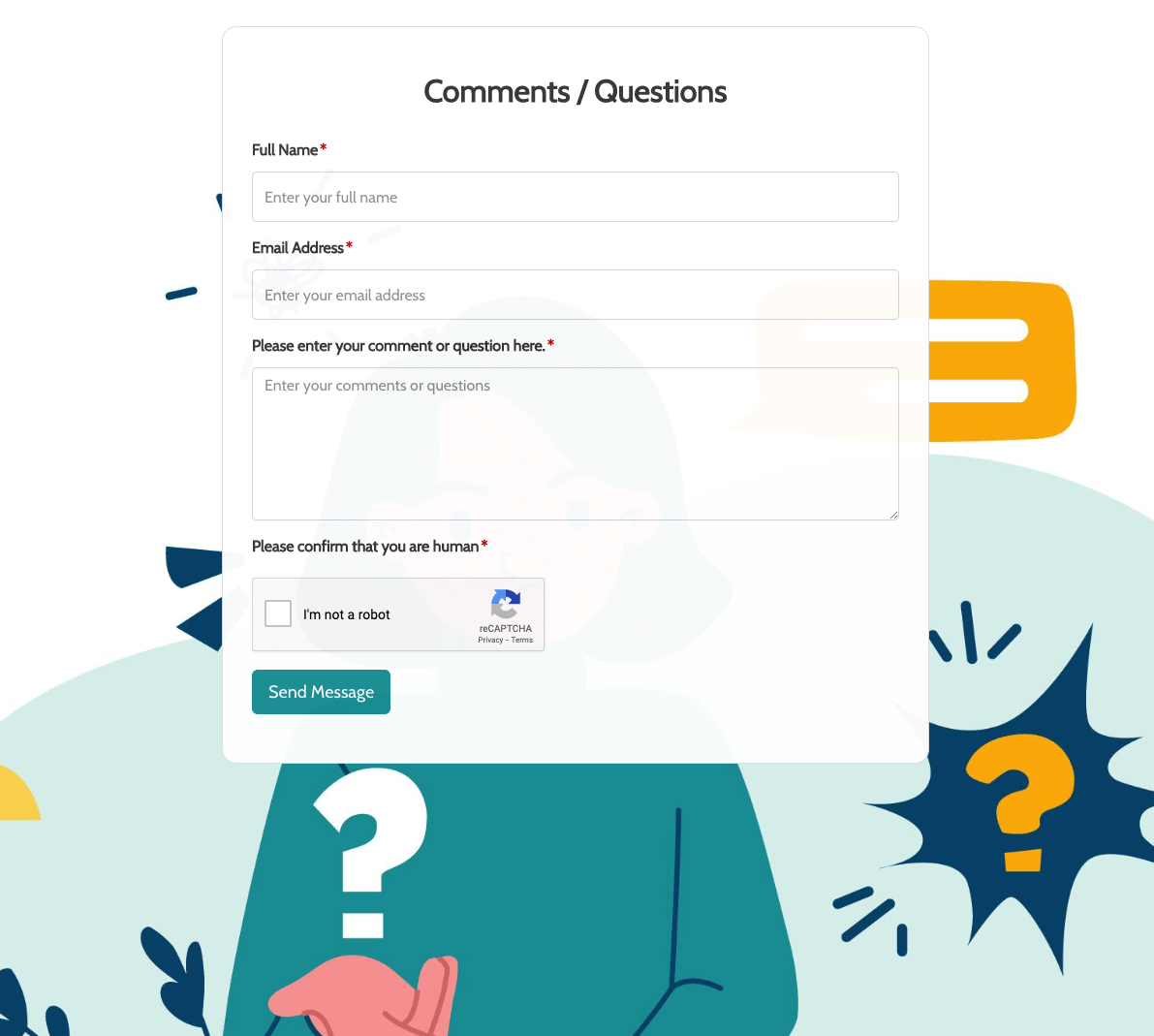 Remarks / Questions Form
Remarks / Questions Form
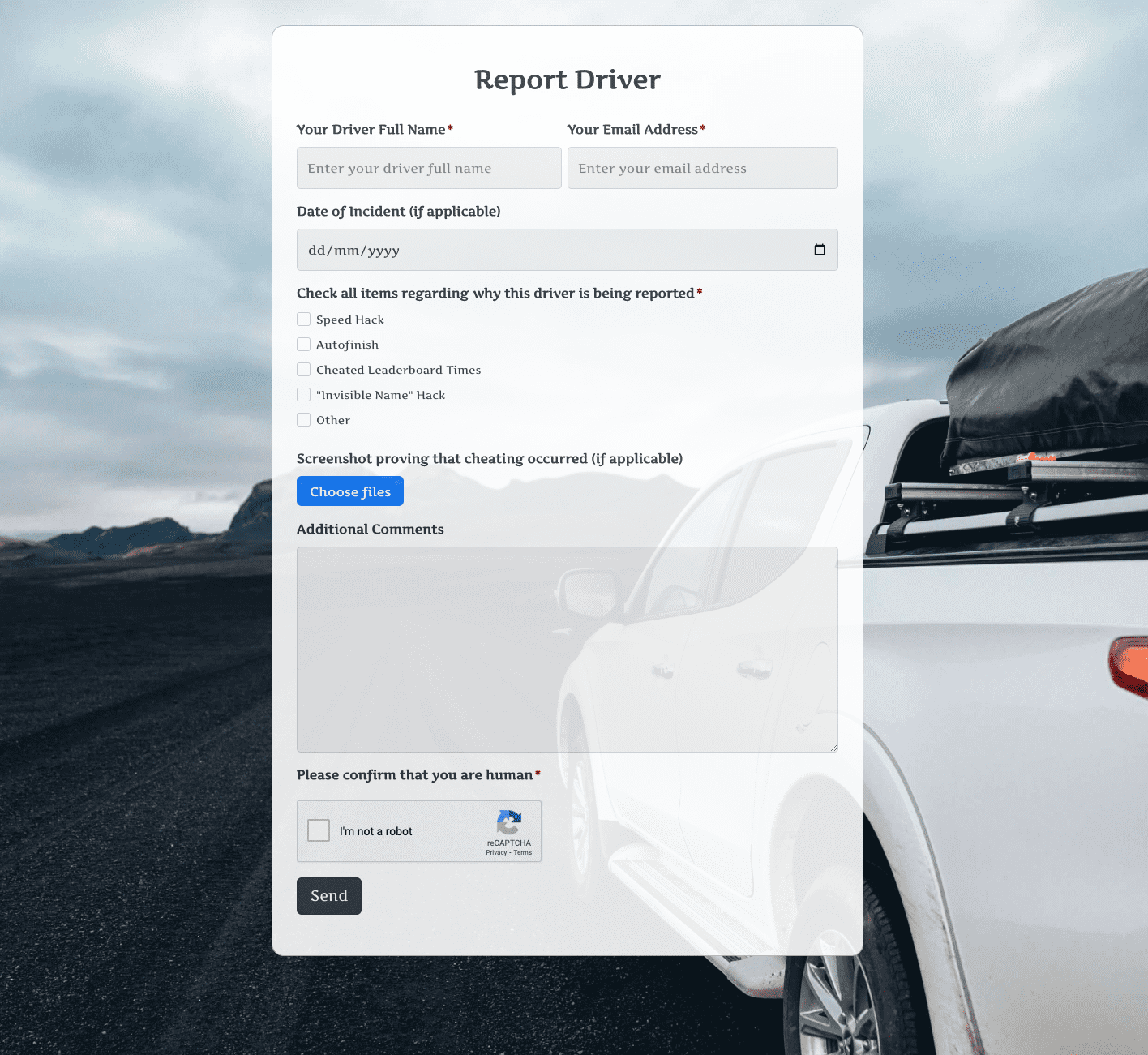 Report Driver Form
Report Driver Form
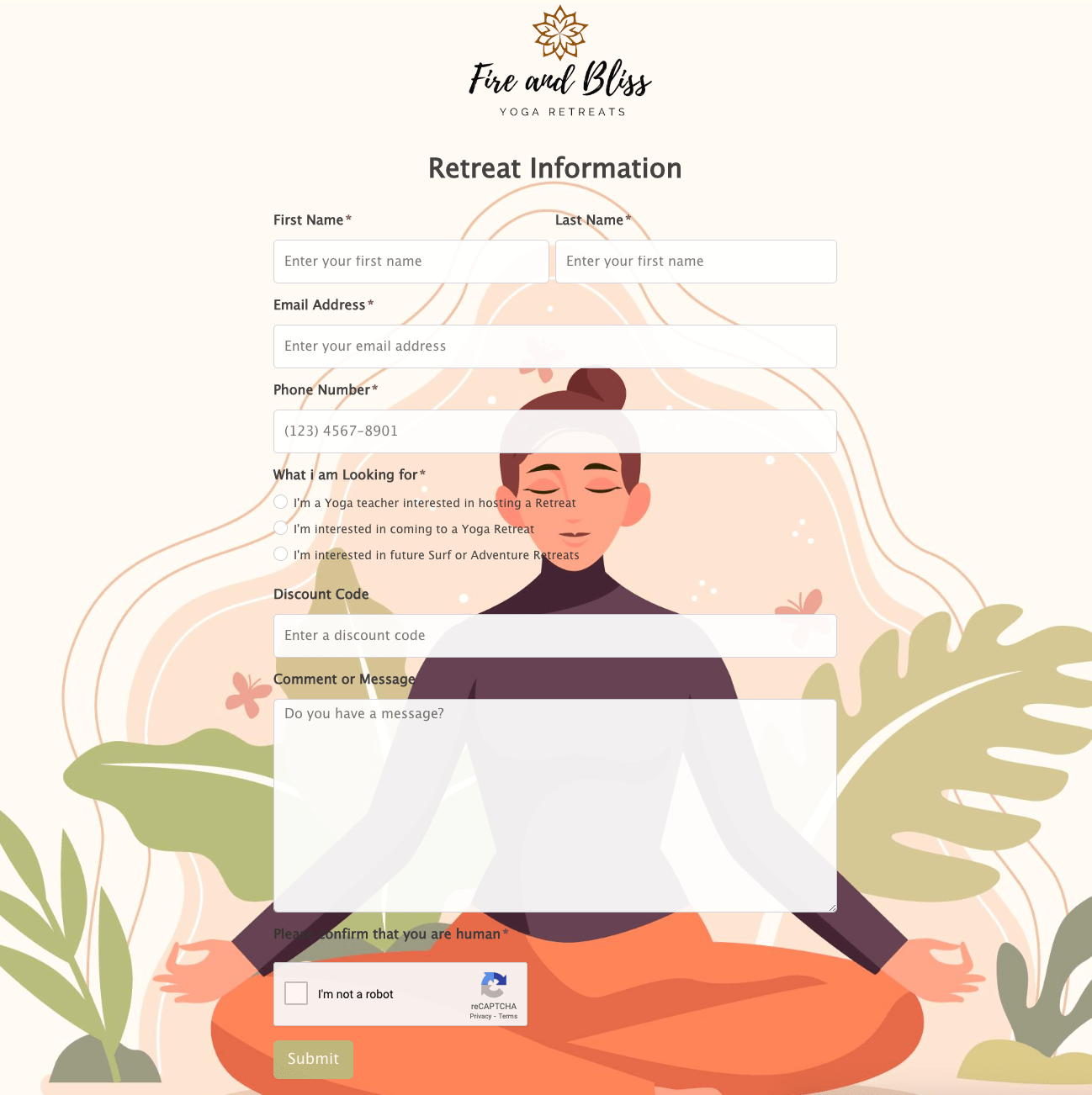 Retreat Information Form
Retreat Information Form
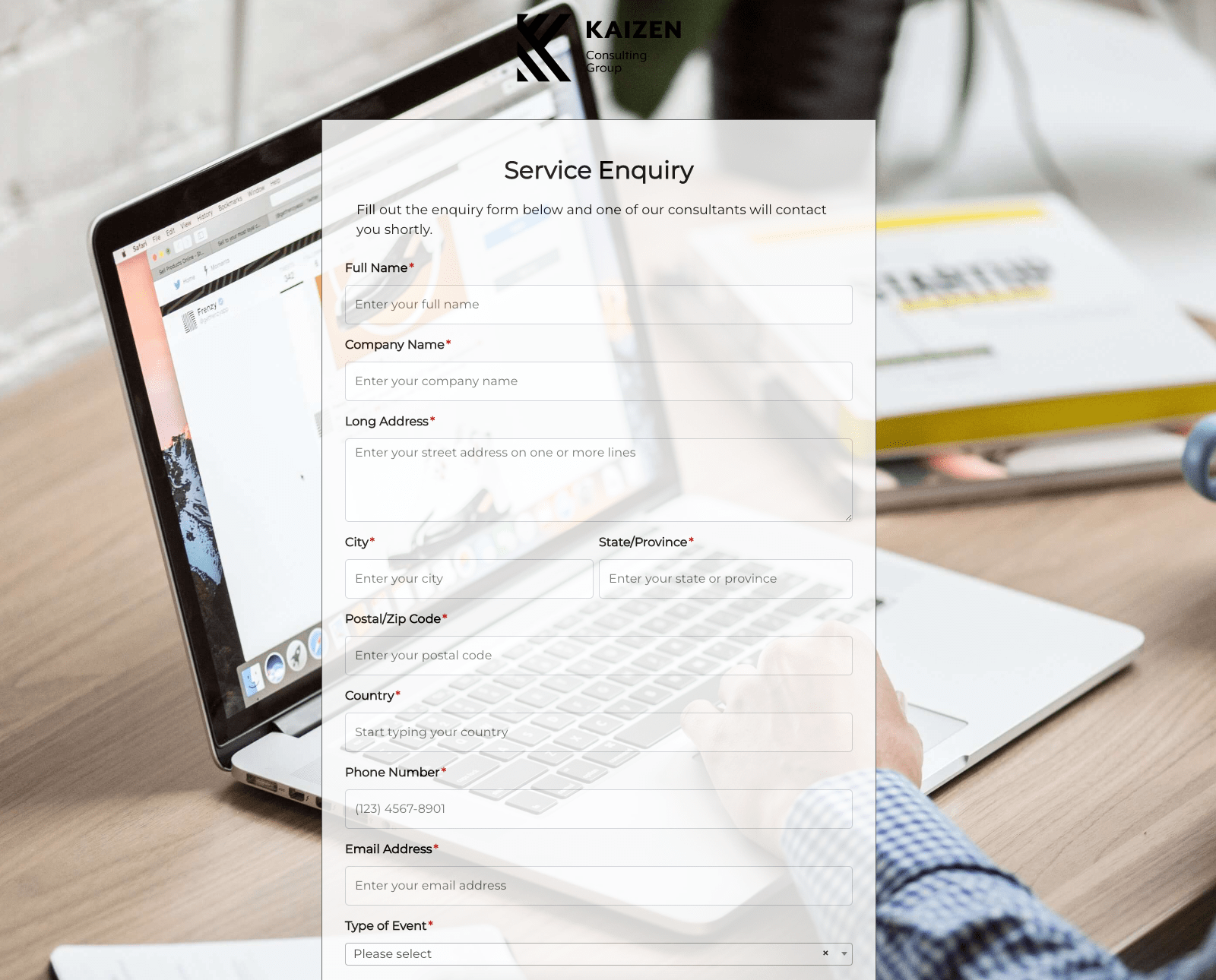 Service Enquiry Form
Service Enquiry Form
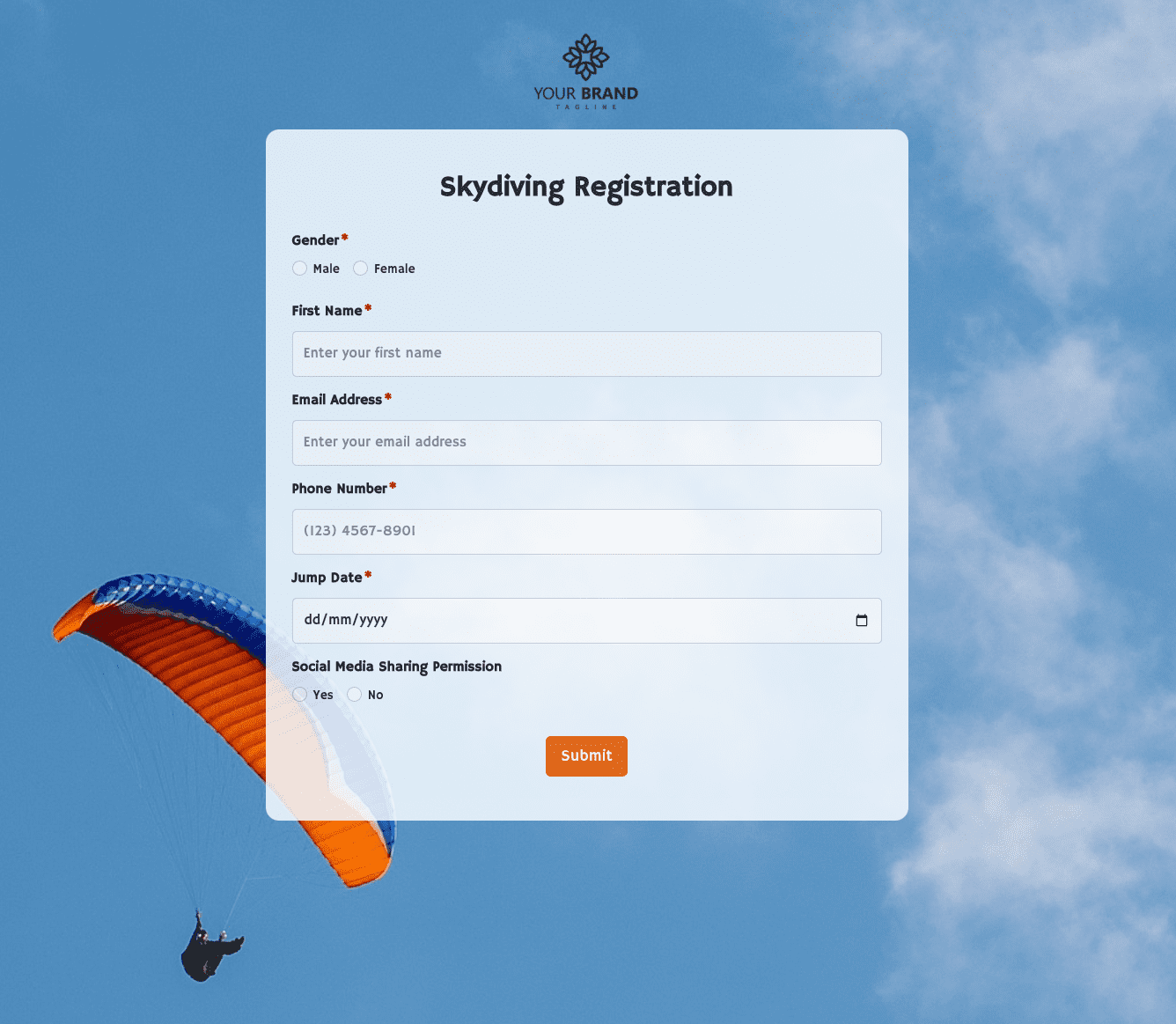 Skydiving Registration Form
Skydiving Registration Form
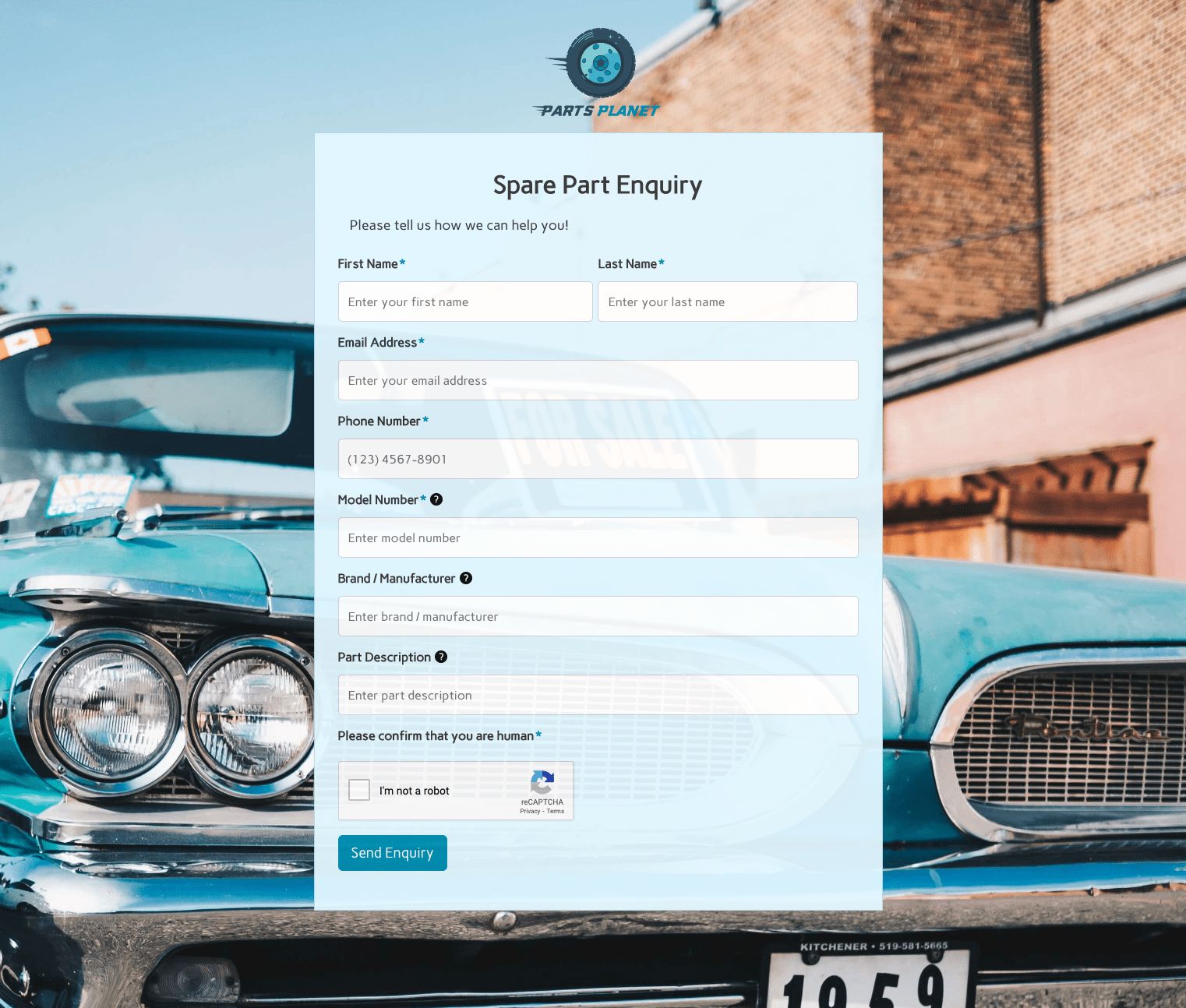 Spare Part Enquiry Form
Spare Part Enquiry Form
 Staff Application Form
Staff Application Form
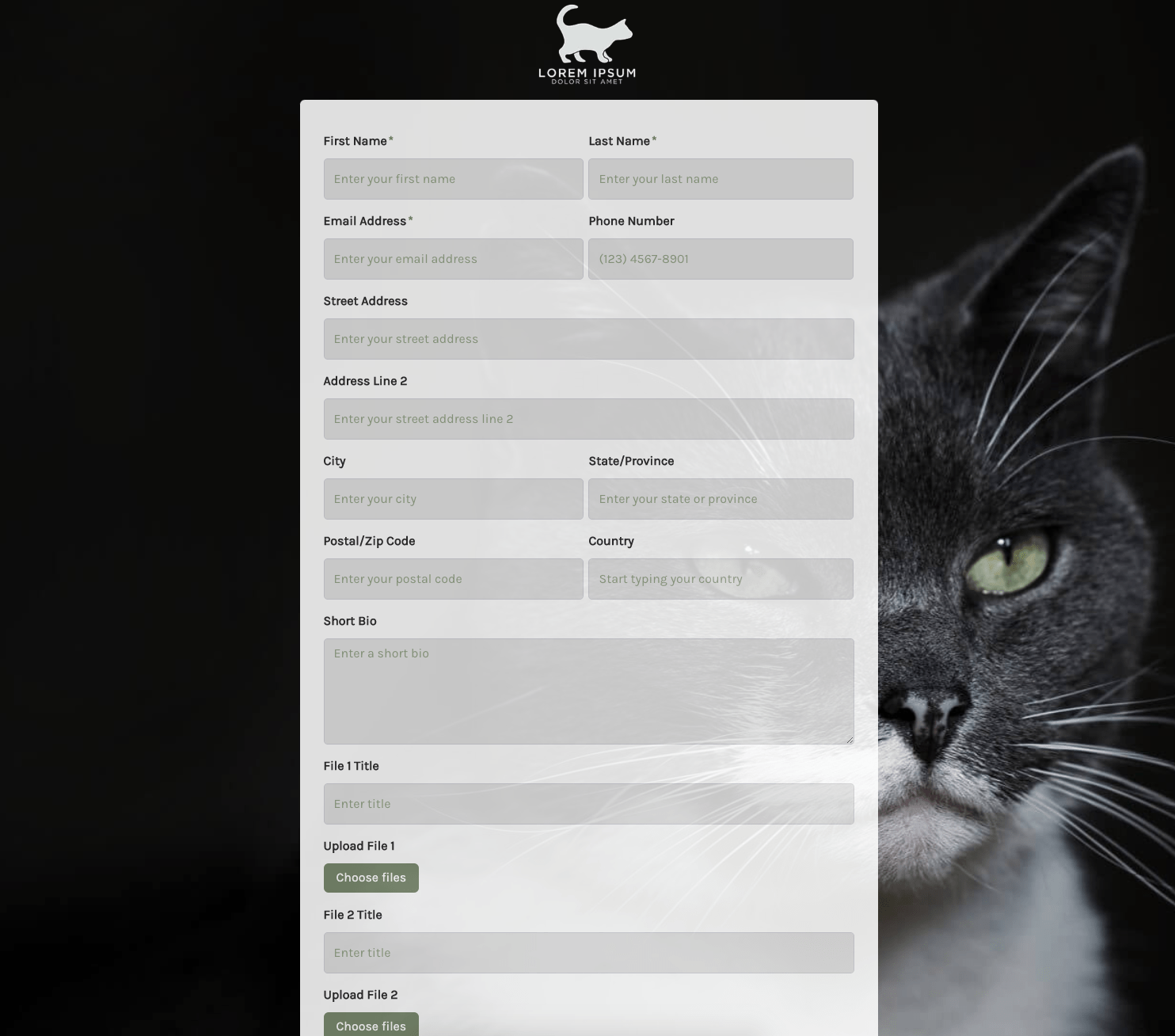 Submission Form
Submission Form
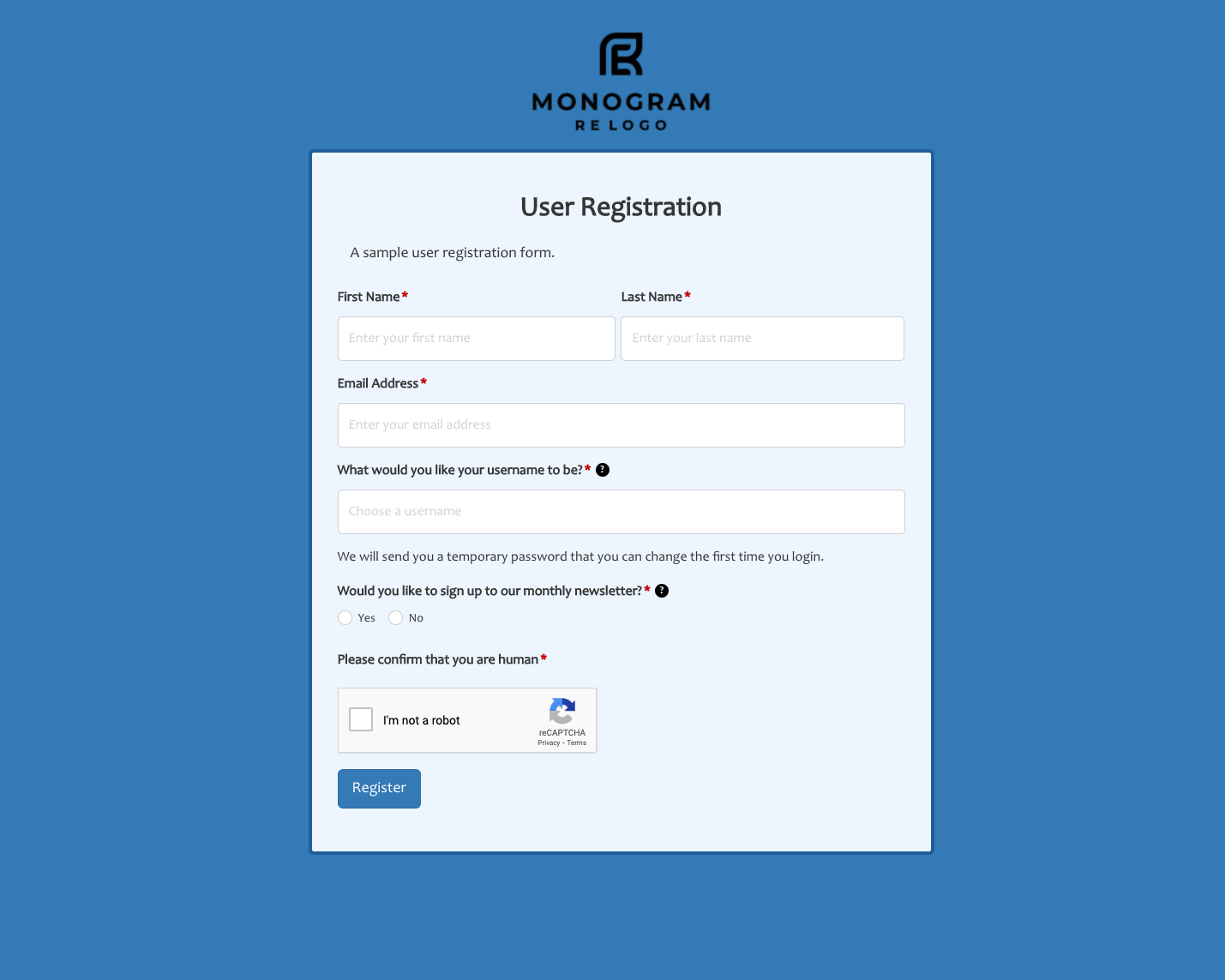 User Registration Form
User Registration Form
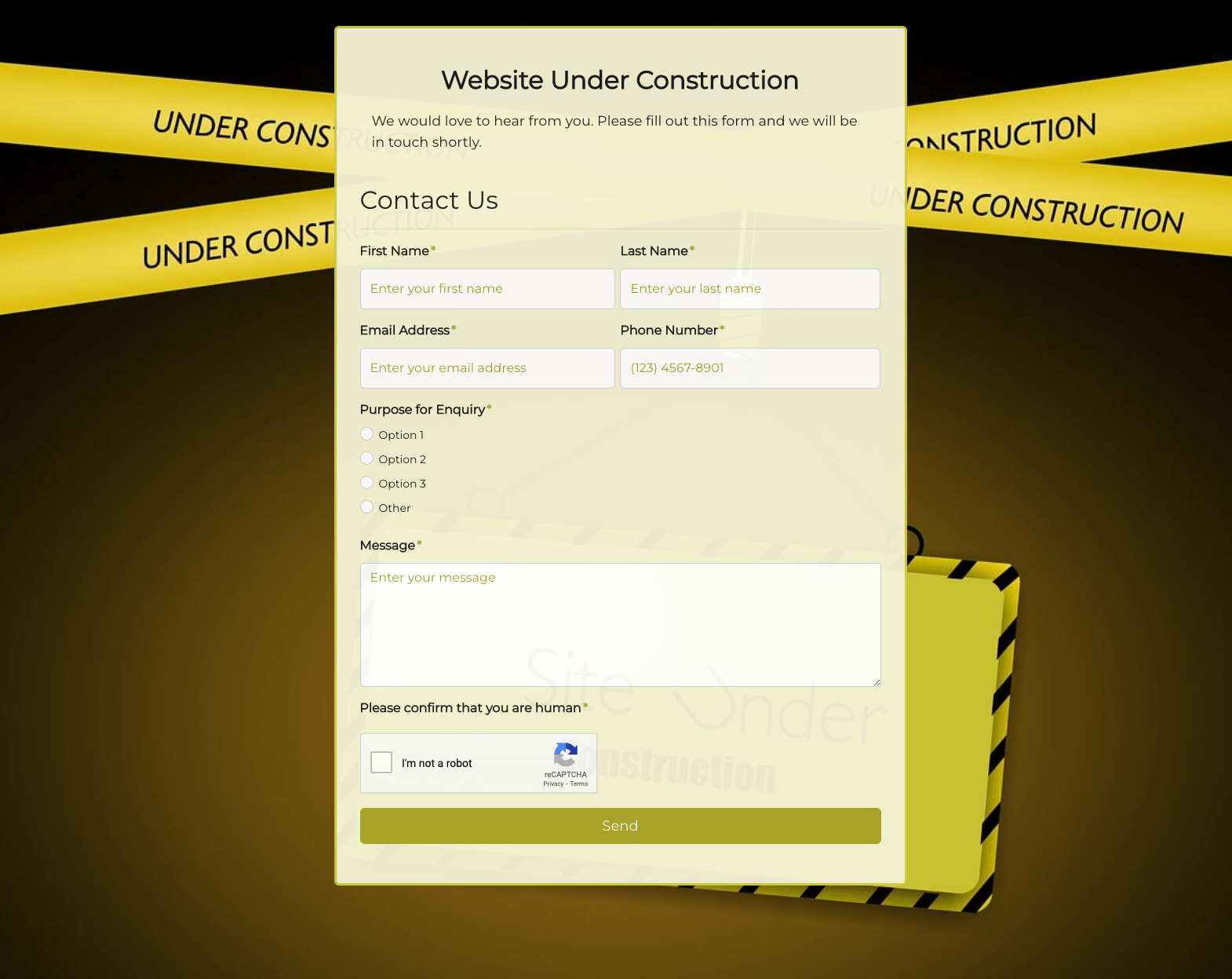 Website Under Construction Form
Website Under Construction Form
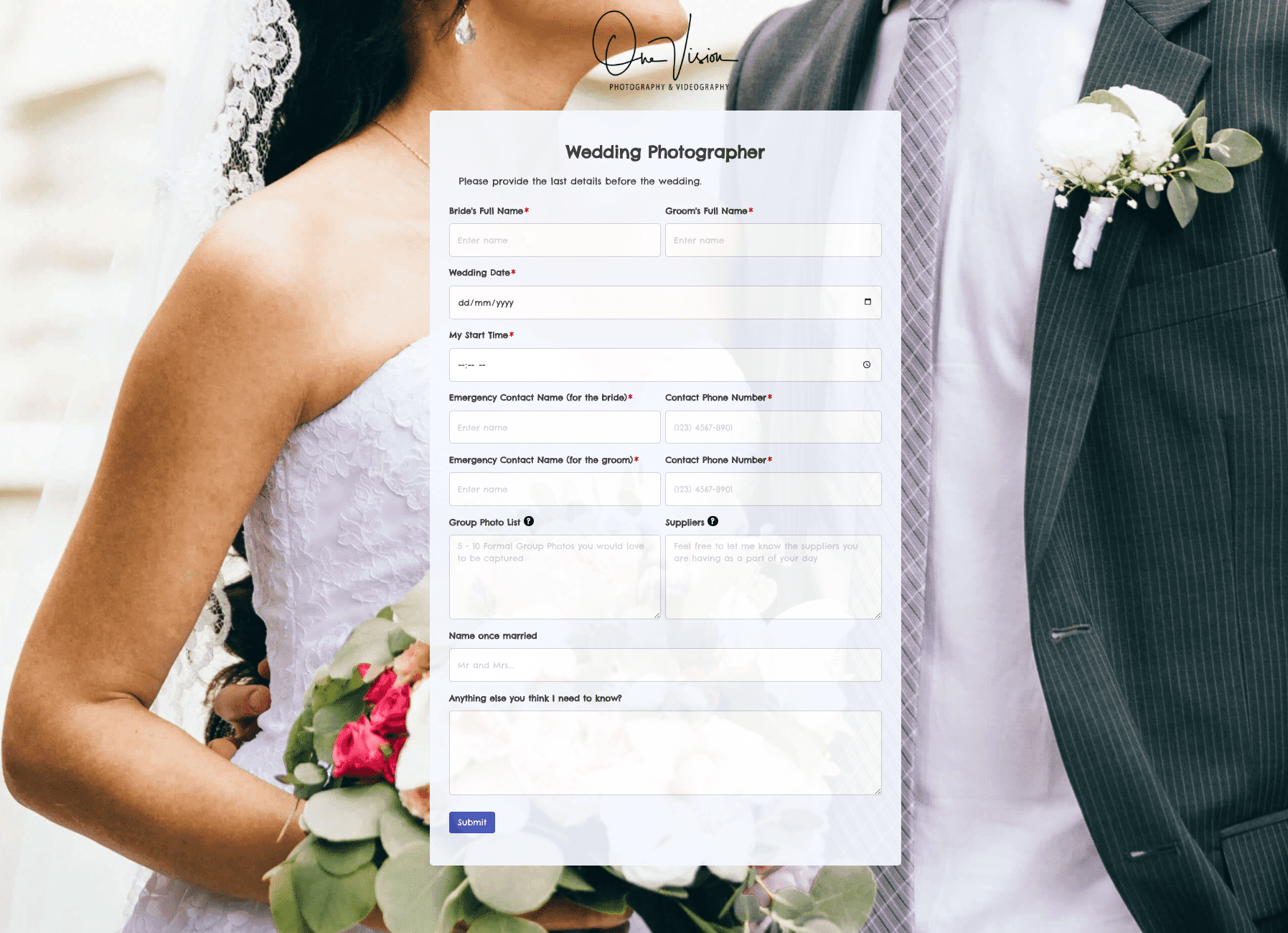 Wedding Photographer Form
Wedding Photographer Form
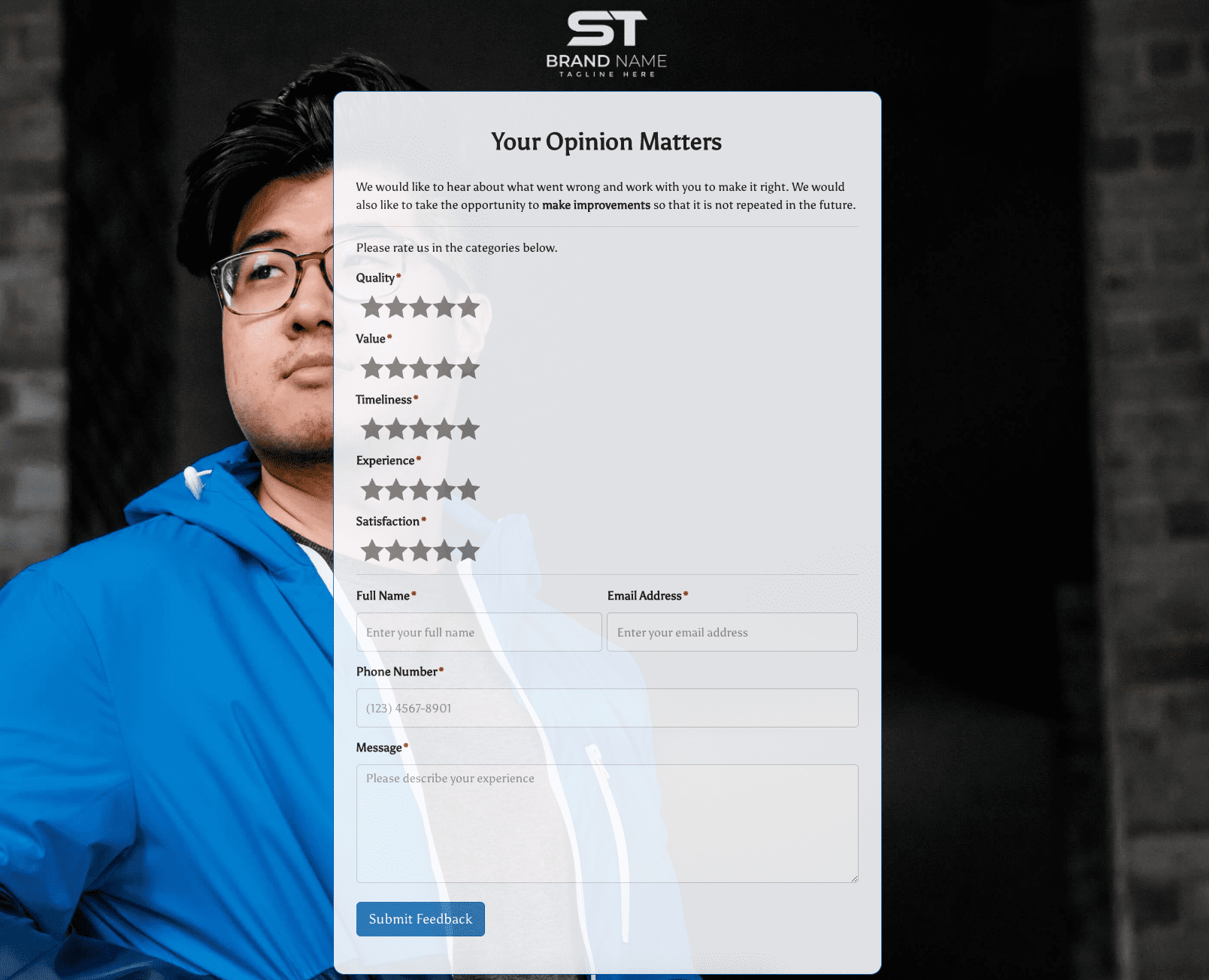 Your Opinion Matters Form
Your Opinion Matters Form





.jpg)
.jpg)
(1).png)
.png)







